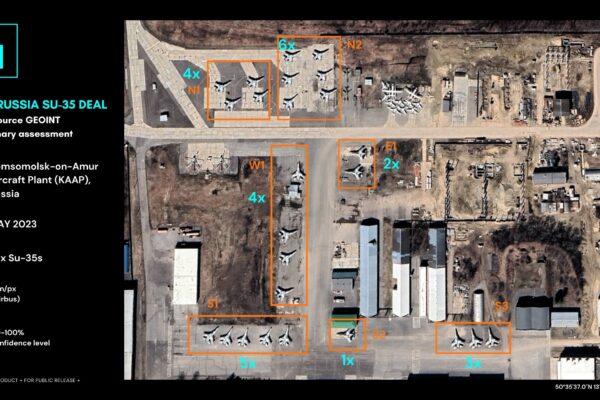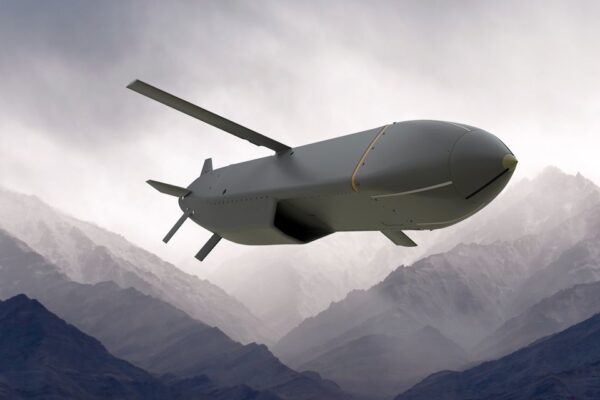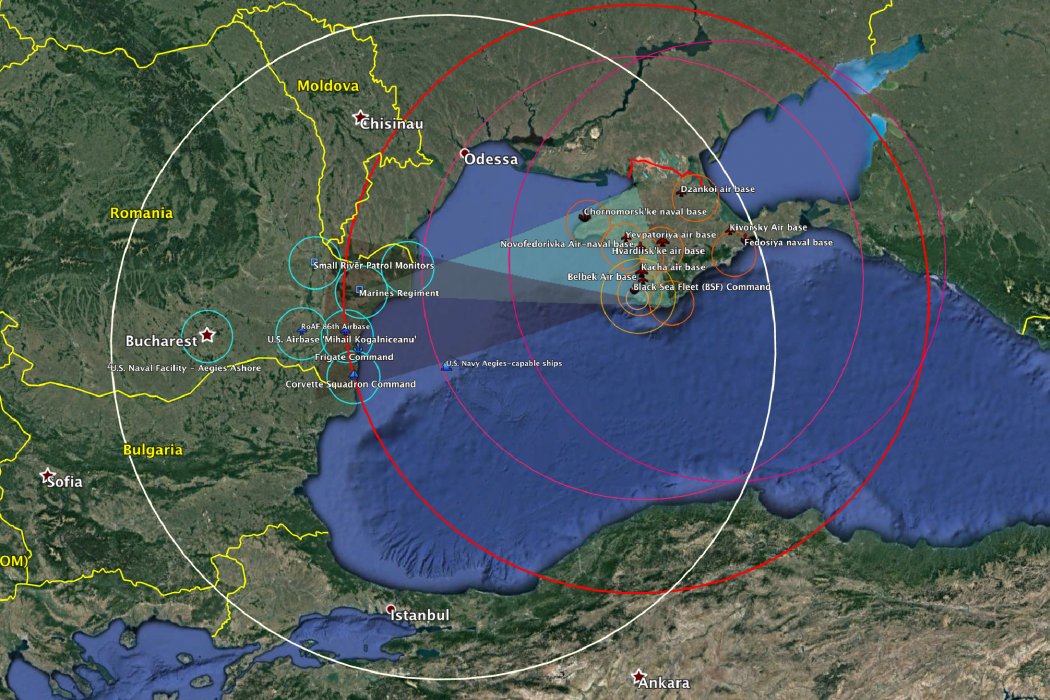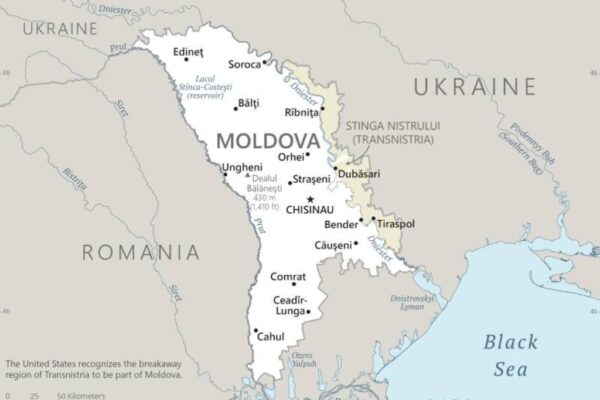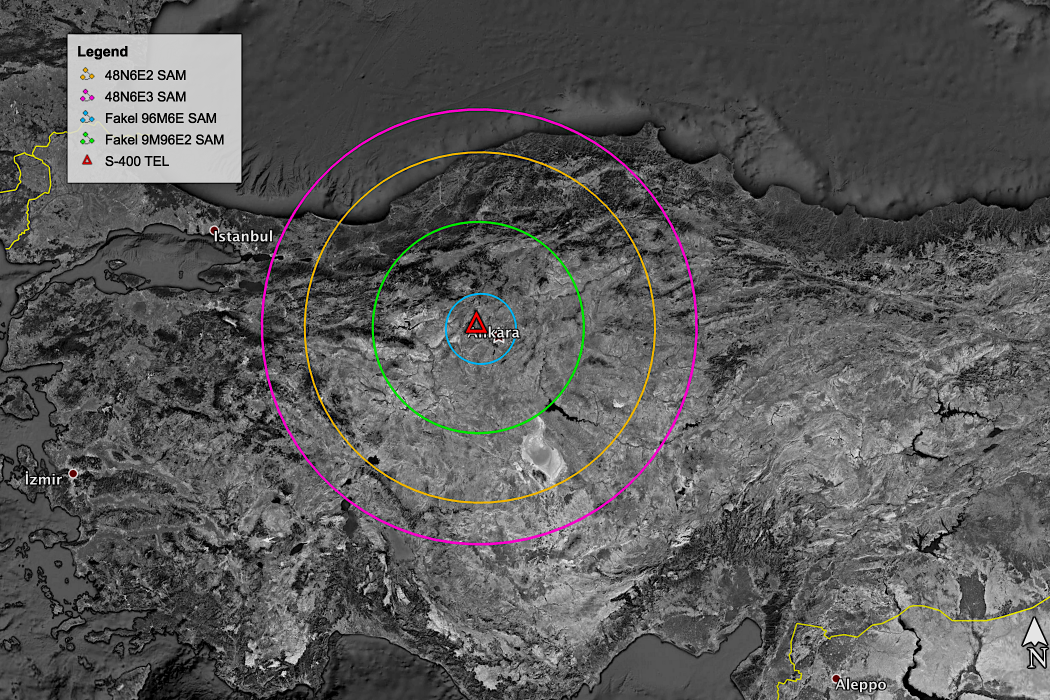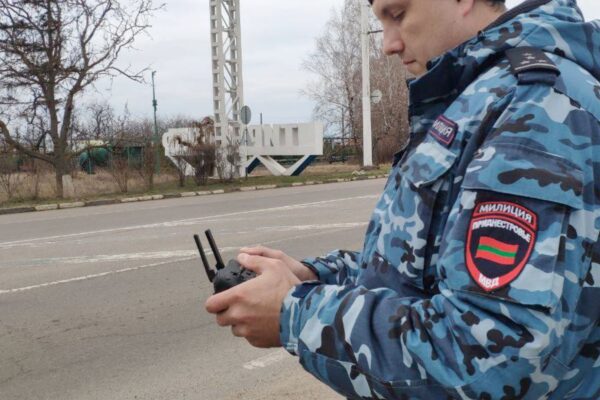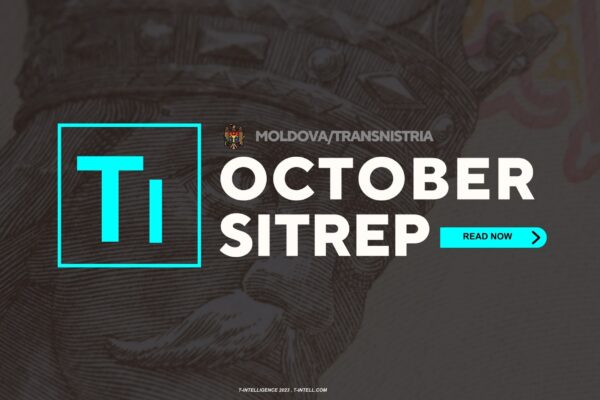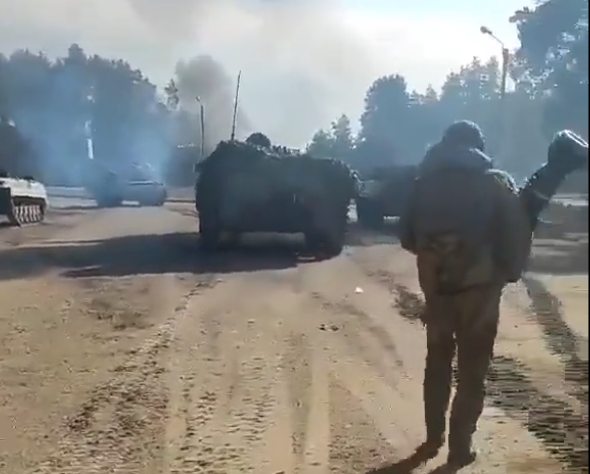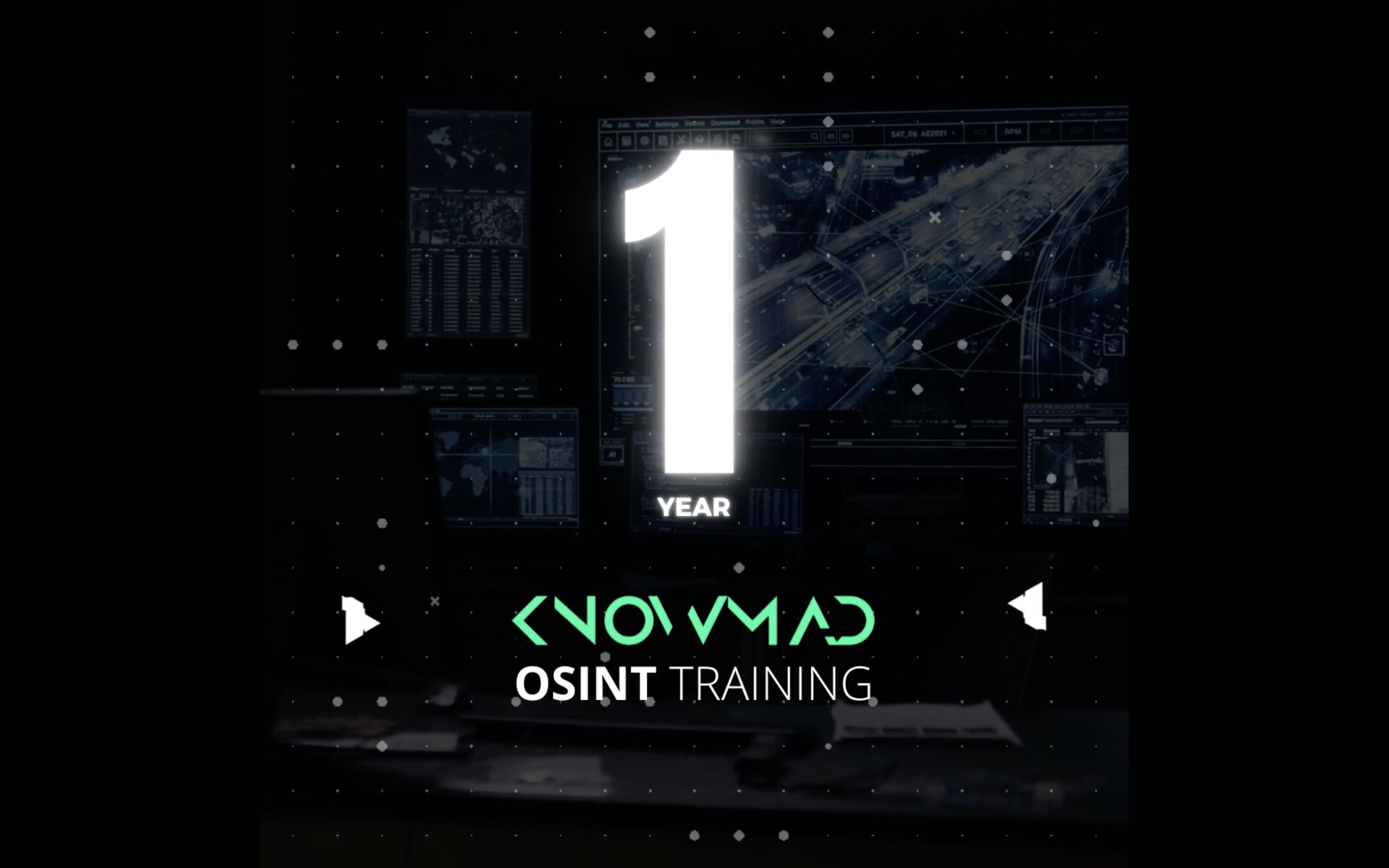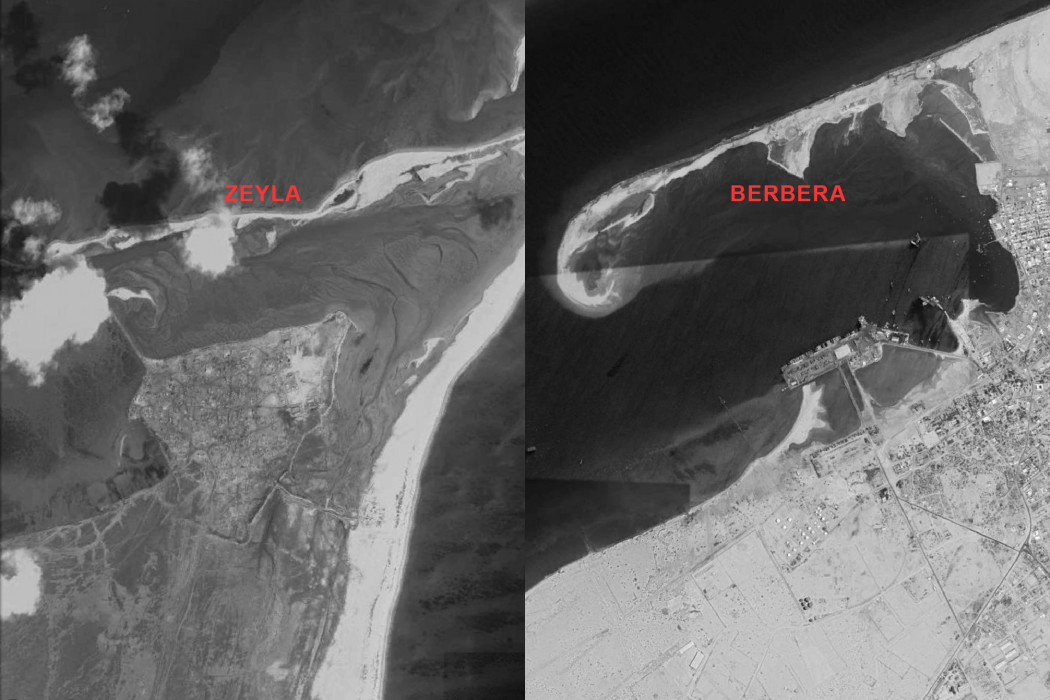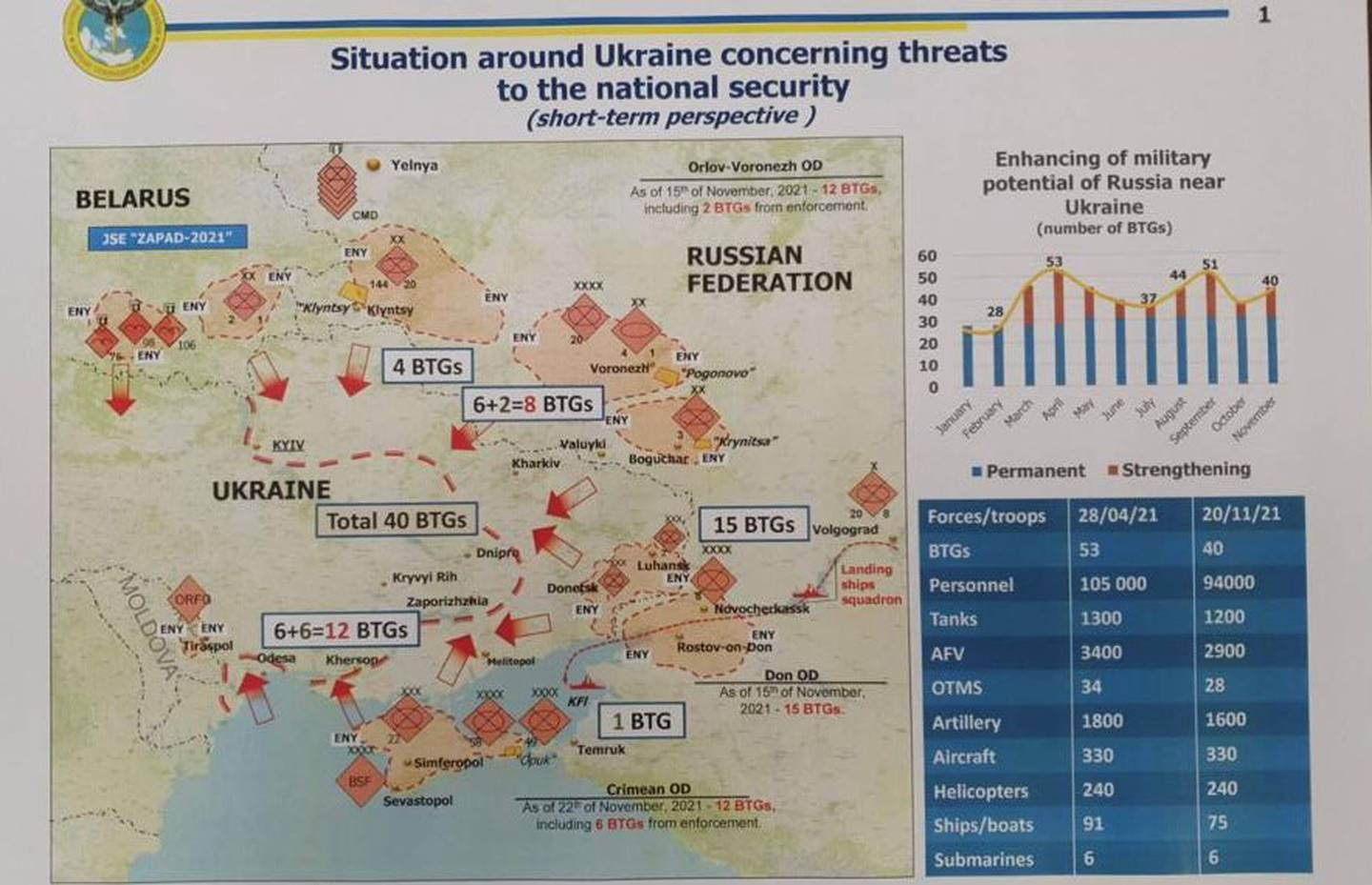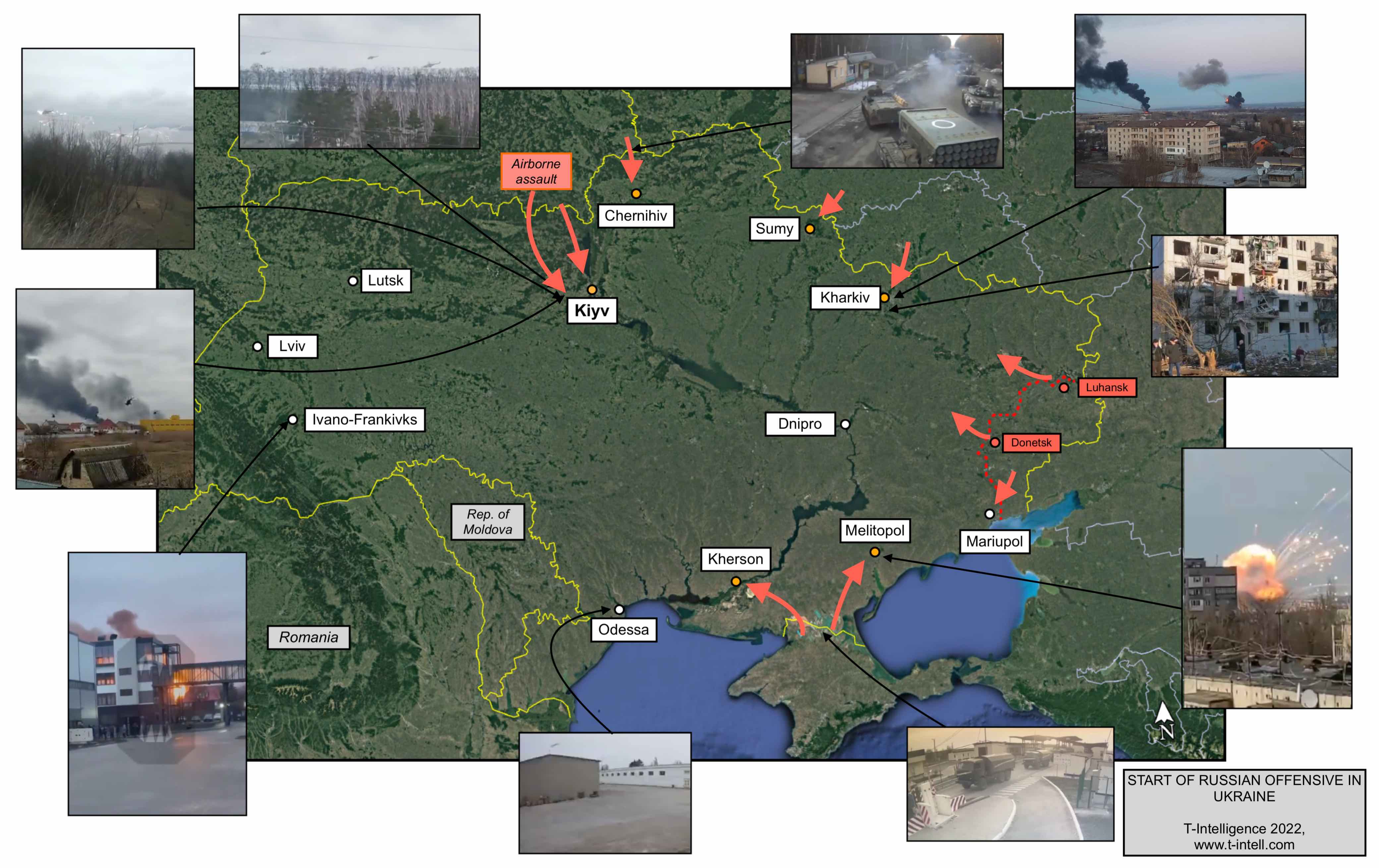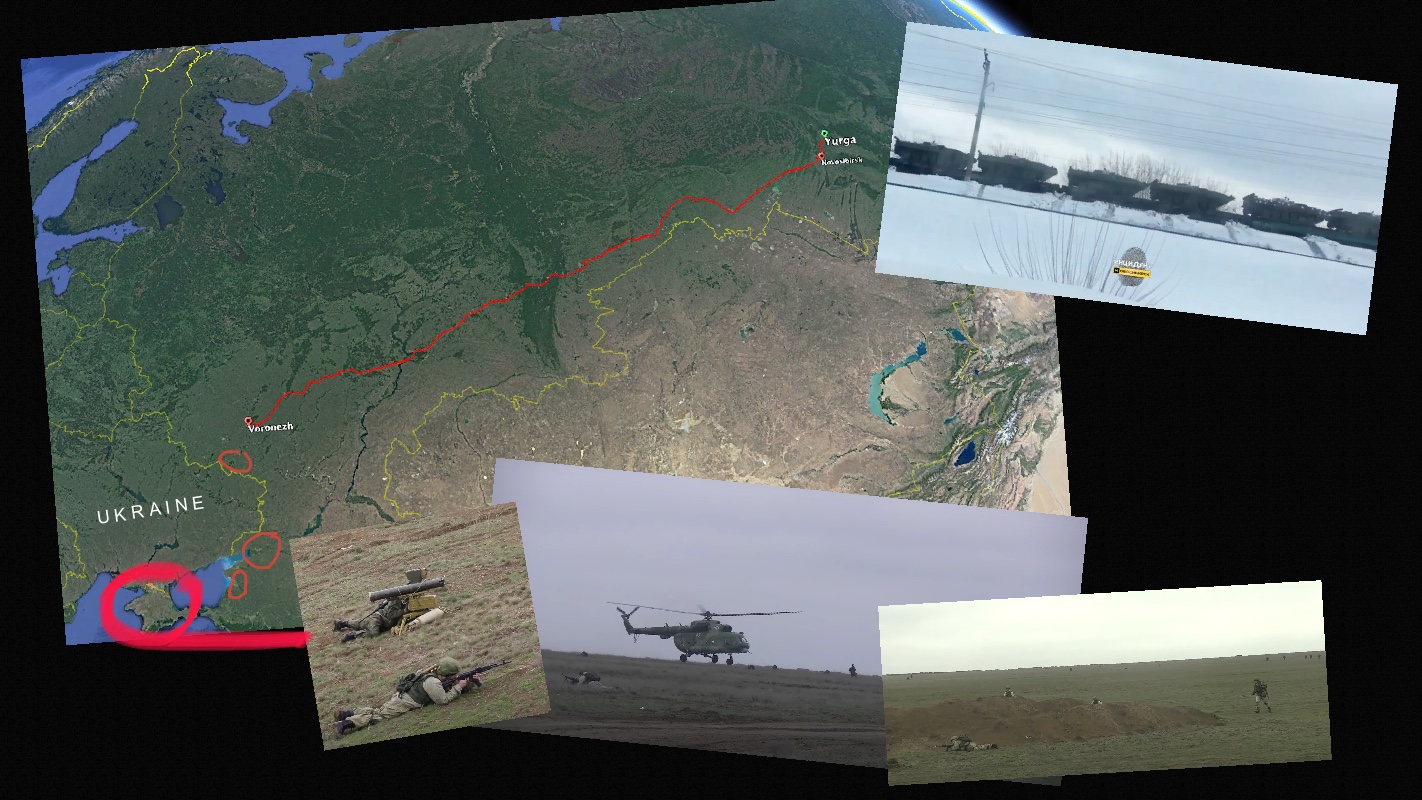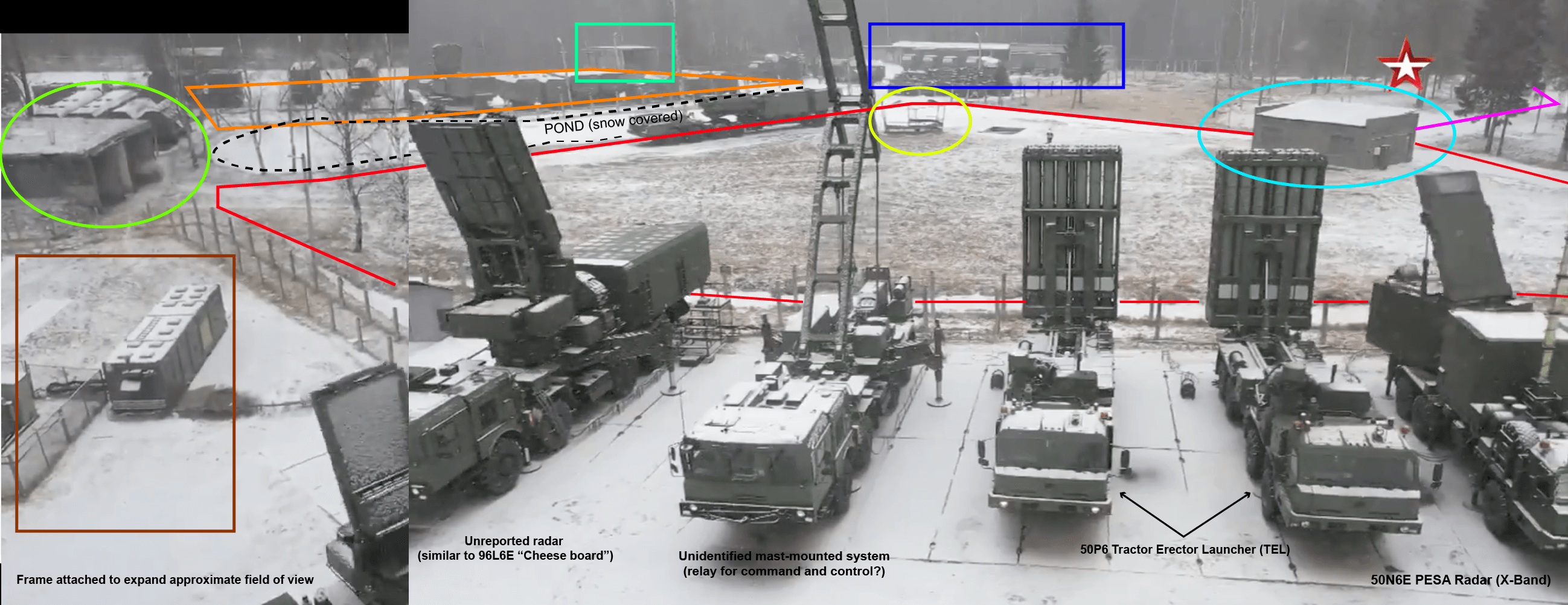
Transnistria’s ‘Congress of Deputies’, the highest decision-making body in Moldova’s separatist region, proved to be of little to no significance. Although Moldova and Ukraine successfully anticipated that the congress would be inconsequential, international public opinion fell into the trap of anticipated escalation based on the ‘annexation’ scenario put forward by a Transnistrian oppositionist.
The explicitly tame wording in the official resolution issued by the congress and Russian President Putin’s lack of response indicates a lack of interest or inability to escalate the situation in Transnistria at this point in time.
The Transnistrian ‘leadership’ may have played its most important card prematurely, indicating a lack of options in the face of Moldova’s constitutional reclamation, which is very likely to continue in parallel with European integration.
CONGRES OF DEPUTIES: A PR STUNT
On 28FEB24, the much anticipated seventh ‘Congress of Deputies’ (CoD) on all levels took place in Tiraspol, Transnistria region, Moldova. The event was convened by the so-called ‘president’ of the self-proclaimed ‘Prednistrovian Moldovan Republic’, Vadim Krasnoselski, on 22FEB in response to recent political and economic developments in Moldova.
The week leading to the event was marked by fear of a possible request for annexation to Russia, acting on the 2006 ‘referendum.’ However, this expectation was proven to be a mere psychological operation, as called out by Moldova, to exert pressure on the government in Chisinau and generate a publicity stunt to attract global attention.
Tiraspol’s wish is for Moldova to return to exempting Transnistrian business from custom duties, revoke the law on separatism, and reinstate the 5+2 format for negotiations.
Transnistria hopes to achieve its objectives by rallying international support and upping the ante.
APPEAL TO RUSSIA FOR [DIPLOMATIC] PROTECTION
The most noteworthy aspect of this event is Tiraspol’s appeal to Russia for protection.
However, the request was explicitly confined to “diplomatic measures” of support and specifically addressed the Russian Senate and Duma, not the presidential administration.
In addition, Russia was just one of seven international actors that were addressed.
‘DIPLOMATIC MEASURES’
The Transnistrian resolution explicitly called for ‘diplomatic measures’ from the Russian Senate and Duma to “protect Pridnestrovie.” While Russia can always reframe documents and facts however it pleases, the Transnistrians were careful not to leave a door open for military adventurism or to request annexation on the basis of the 2006 ‘referendum.’
The original quote: ‘Appeal to the Federation Council and the State Duma of the Russian Federation with a request to implement diplomatic measures to protect Pridnestrovie in the face of increasing pressure from Moldova, taking into account the fact of permanent residence on the territory of the Pridnestrovian Moldavian Republic of more than 220 thousand Russian citizens and the unique positive experience of Russian peacekeeping on the Dniester, as well as the status of a guarantor and mediator in the negotiation process.’
Despite occasionally leveraging Russia for strategic advantage, the Transnistrian establishment, led by Sheriff Holdings, does not desire annexation or inclusion into the Russian state.
Transnistrian oligarchic business interests are better served through the form of a breakaway ‘republic’ operating in the grey zone. This way, Transnistria acts as a giant LLC under Sheriff ownership, fuelled by Russian gas and pensions, and engaged in extensive trade with the European Union (EU).
ONE OF SEVEN STAKEHOLDERS ADDRESSED
Russia is just one of seven stakeholders addressed by the general congress. The other six are the United Nations, the 5+2 format countries (including the United States), OSCE, CIS, the European Union, and the Red Cross.
This multi-faceted strategy indicates a desire to reach a global audience and not depend solely on Russia for settling tensions with Moldova.
Russian Foreign Minister Sergey Lavrov responded by emphasizing the priority of protecting ‘Pridnestrovie’s residents’ and assuring that all requests undergo consideration by relevant Russian departments.
Lavrov’s statement suggests that the matter will be handled at a ‘working level,’ leaving the specific measures Moscow might take unclear based on Tiraspol’s mandate.
REACTION TO MOLDOVA’S CONSTITUTIONAL RECLAMATION
The CoD aimed to exert political pressure on Moldova’s constitutional reclamation efforts through global propaganda and psychological operations leading up to the event.
The final resolution specifically criticized Moldova’s actions in 2023 and 2024:
- Amendments to the Criminal Code (aka ‘law on separatism’). The legislation allows for the arrest of separatist ‘officials’ upon entering the constitutionally-controlled territory. This move isolates Tiraspol, with Ukraine being the sole communication channel to the outside world, despite closed border crossings. Some individuals, like the so-called Transnistrian ‘foreign minister,’ Vitaly Ignatiev, are also wanted in Ukraine.
- Customs duties. On 1JAN24, Moldova ceased exempting Transnistrian companies from customs duties, a practice maintained for the past 30 years. This aims to align Moldova’s customs code nationwide in line with the European Union ascension plan. The customs code affair also means a hard hit for the oligarchy’s pockets. The Transnistrian quote the following economic damage:
- -18% customs revenue to the ‘state budget’
- -31% excise duty
- -13 million rubles, with a projected yearly rate of -150 million.
- -$100 million costs for Transnistrian economic agents
- -10% of ‘Transnistria’s GDP’
- Shift in peace talks format. For decades, the 5+2 negotiations format governed the peace talks following the 1992 war. However, since the Russian invasion of Ukraine in 2022, the 5+2 format has become untenable due to Russian participation. This also offered Moldova an opportunity to reset the peace effort, which was de facto frozen, and engage Tiraspol directly. Nevertheless, 1+1 negotiations took place in mid-January in Tiraspol, with Ukraine playing an active role in facilitating further engagements.
PUTIN DID NOT MENTION TRANSNISTRIA
Russian President Vladimir Putin did not mention nor reference Moldova, Transnistria, or the tensions between the two in his yearly address to the State Duma.
Given the shy resolution of the Tiraspol CoD, it was unlikely that Putin was planning to recognize and annex Transnistria as alerted by a Transnistria oppositionist.
T-Intelligence assessed that Russian measures are possible but that these would be exclusively limited to the political and economic spheres. This is in line with the explicitly worded request for ‘diplomatic measures’ and the deteriorating economic situation in the breakaway region.
The only person to talk about the events in Transnistria was Russian Senator, First Deputy Chairman of the Defense Committee of the Federation Council Vladimir Chizhov, who said Russia is ready to support Transnistria and criticized the government in Chisinau for its ‘pro-Western leadership.’ When asked about the type of support, Chizhov refused to elaborate static cryptically ‘in proportion to the challenges that exist.’
This reinforces the T-intelligence assessment that the Transnistrian file is delegated at lower working levels and does not represent a priority for the Russian presidential administration.
2024 OUTLOOK
T-Intelligence maintains its yearly threat assessment, emphasizing that 2024 remains a high-risk year for potential Russian aggression against Moldova, military or otherwise, as Chisinau advances on European integration and constitutional reclamation.
Some fixed ‘blind summits’ are the Moldovan presidential elections, the Moldovan referendum on EU integration, the anticipated Transnistrian energy crisis in Q4 2024, and others. However, Ad-hoc episodes of escalation may pop up along the way, as the current tensions have proven.
Readers of the Moldova/Transnistria Security SitReps could track the developing warnings and indicators as they progressed through the past months, especially in January.





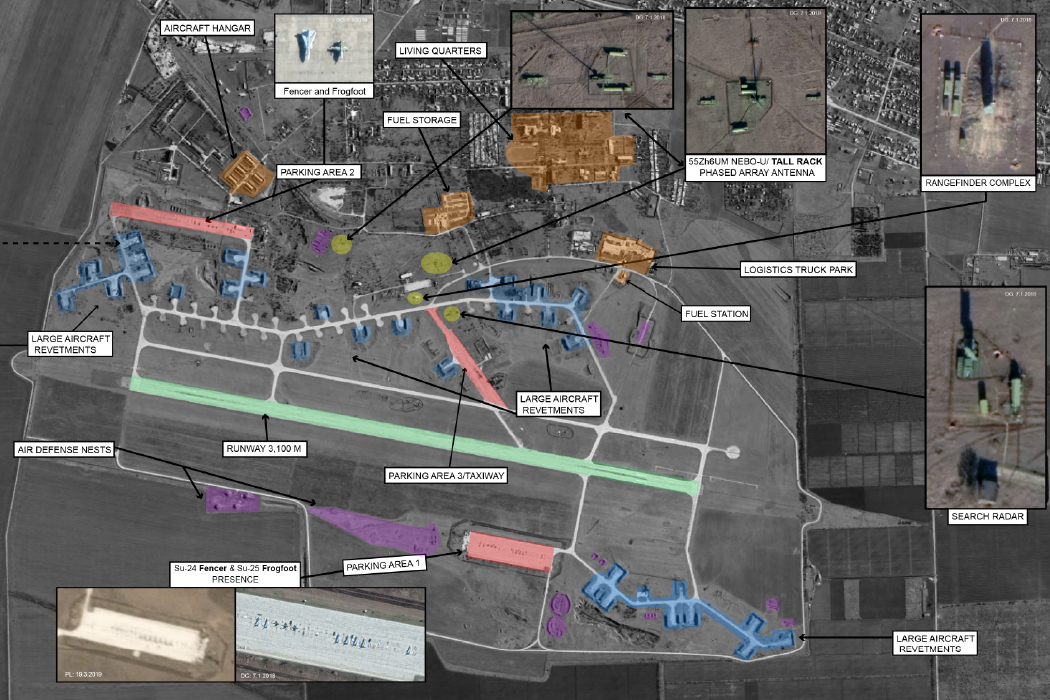
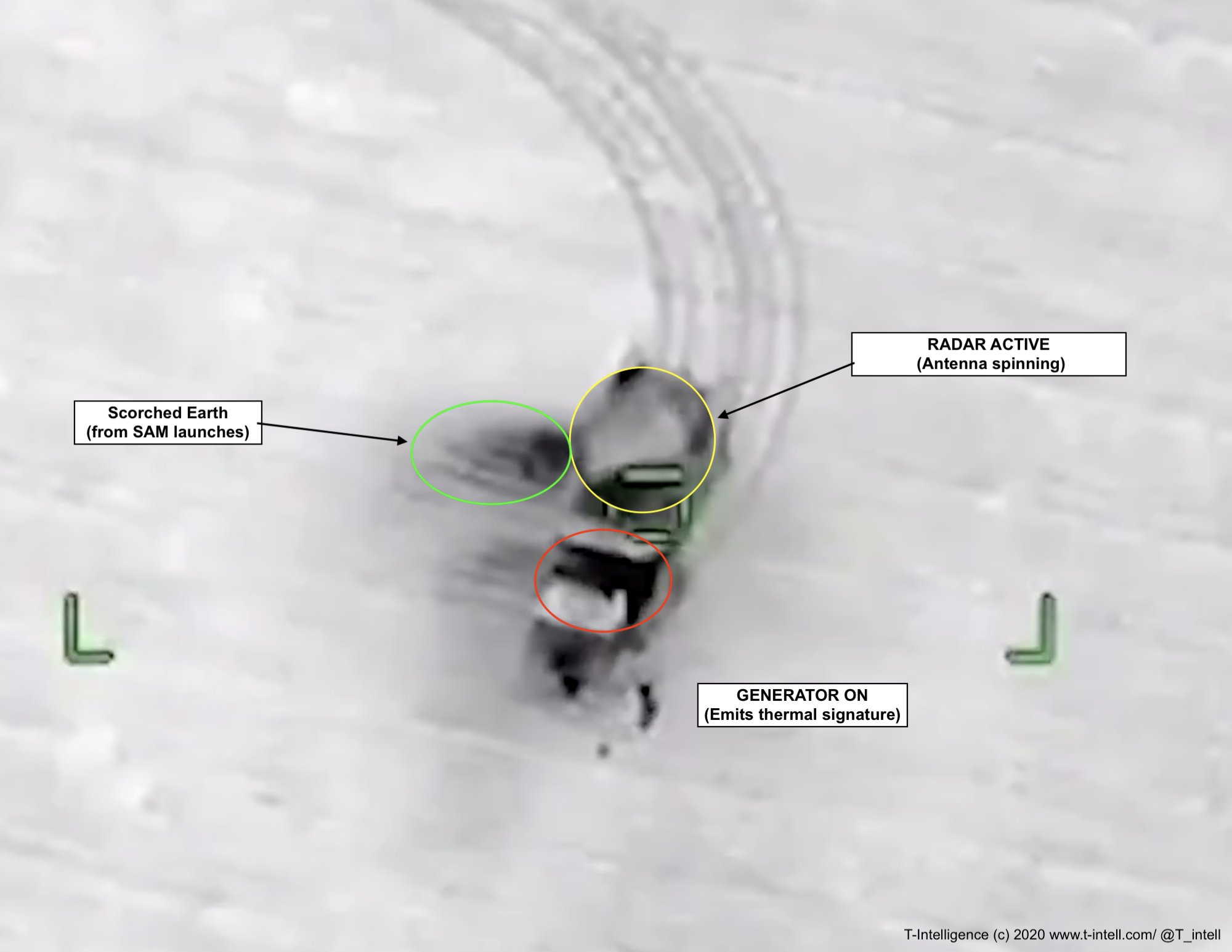

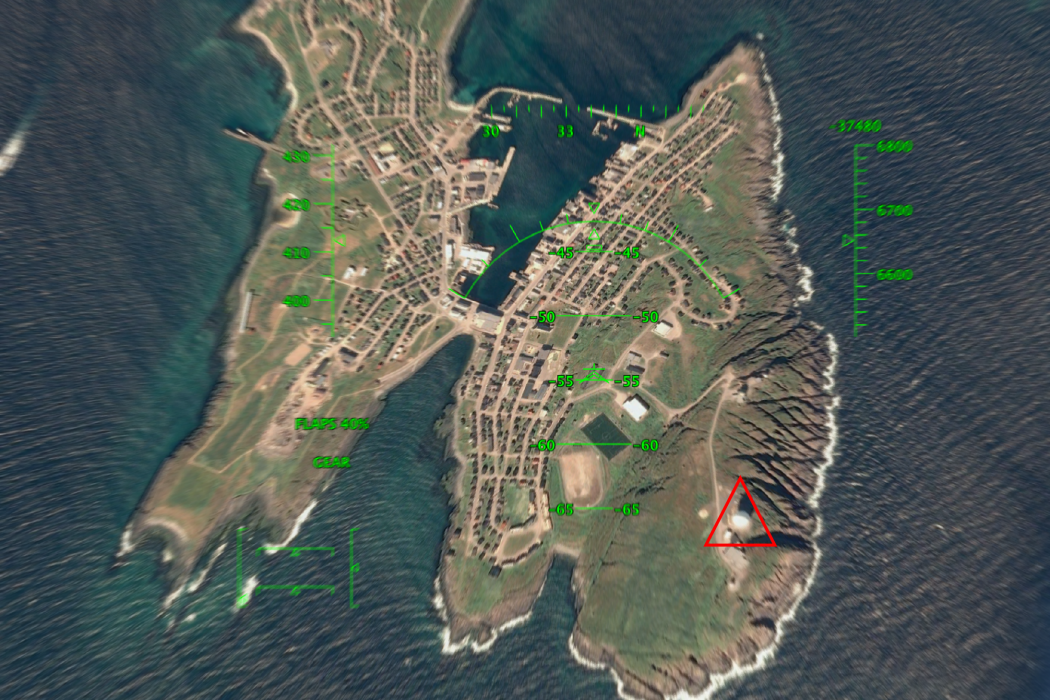
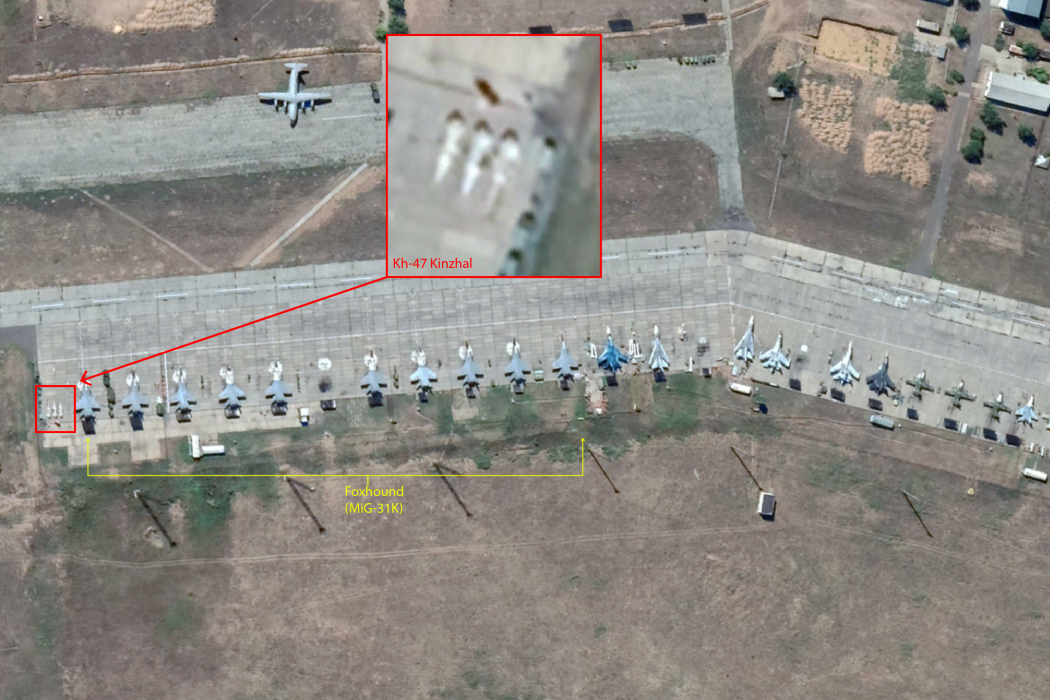

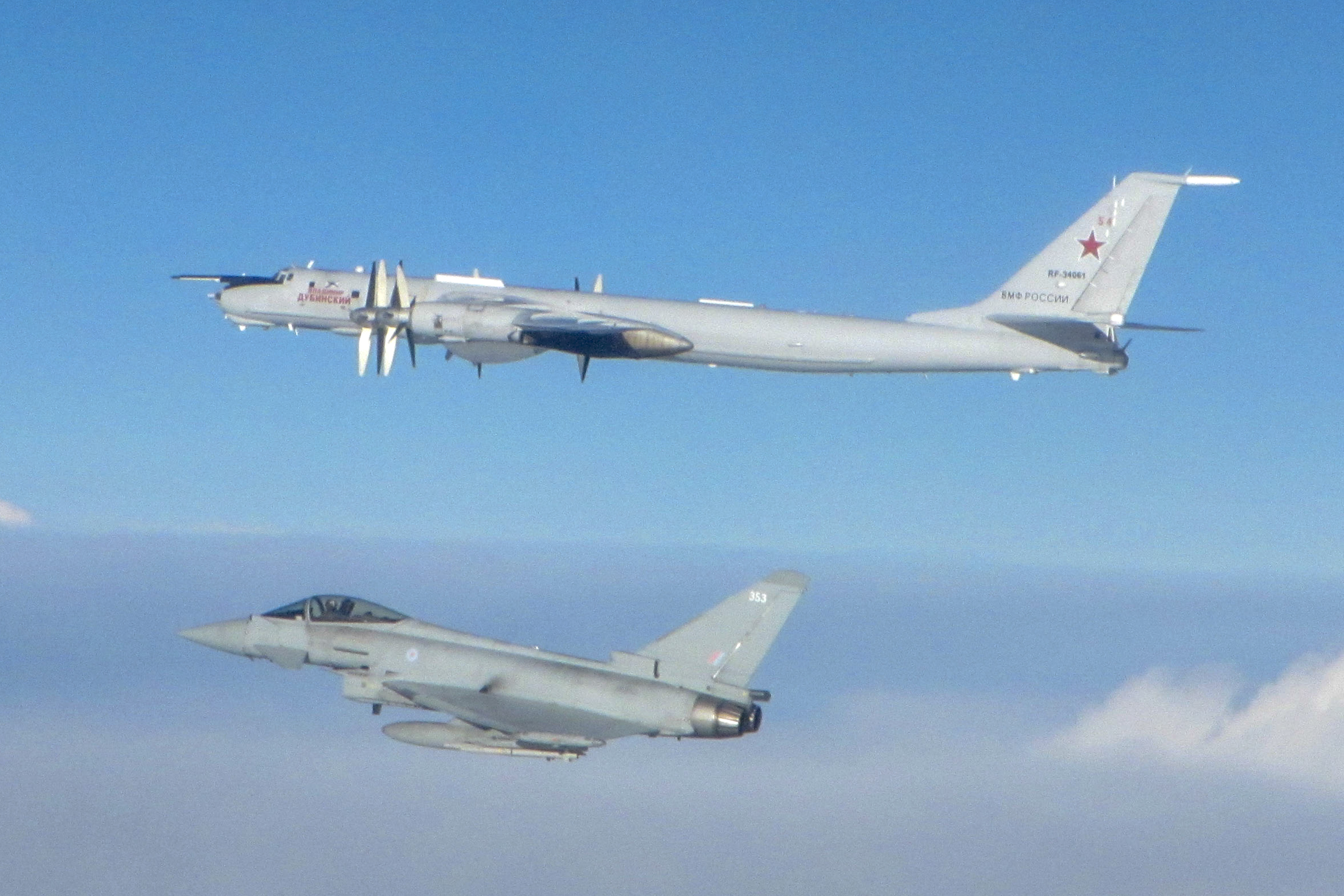

![Evacuation “Shattered Glass”: The US/ Coalition Bases in Syria [Part 1]](https://t-intell.com/wp-content/uploads/2020/02/KLZJan.62018copy_optimized.png)
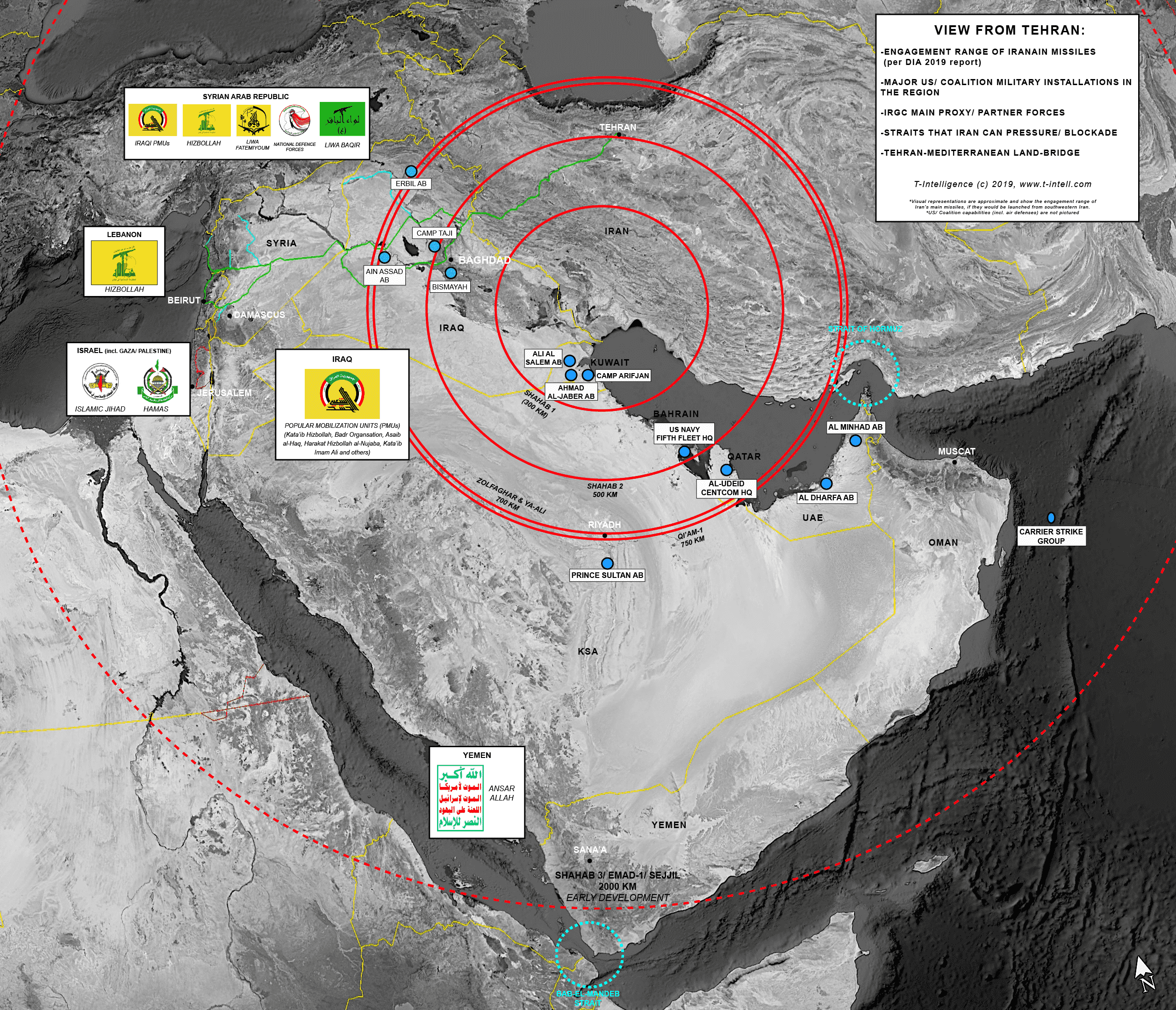
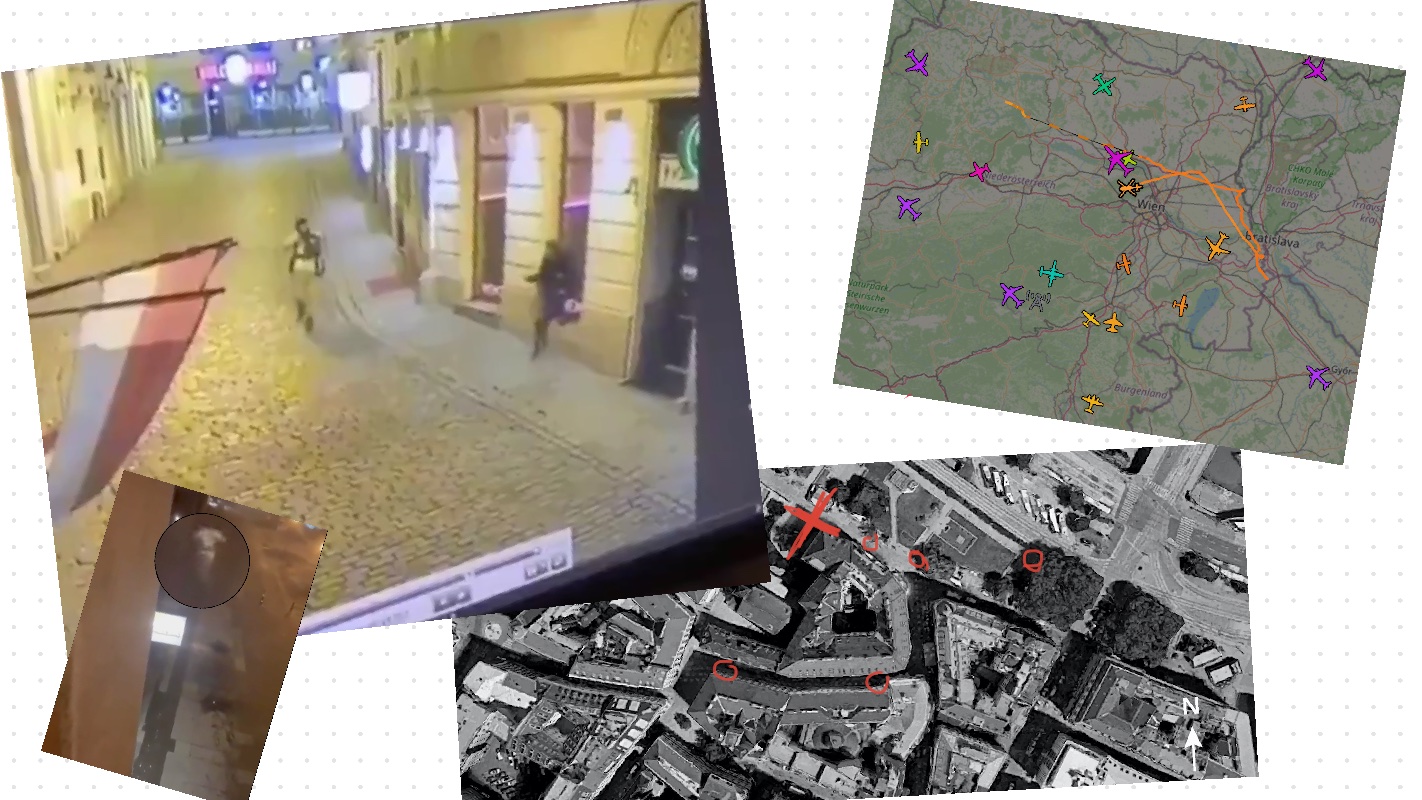
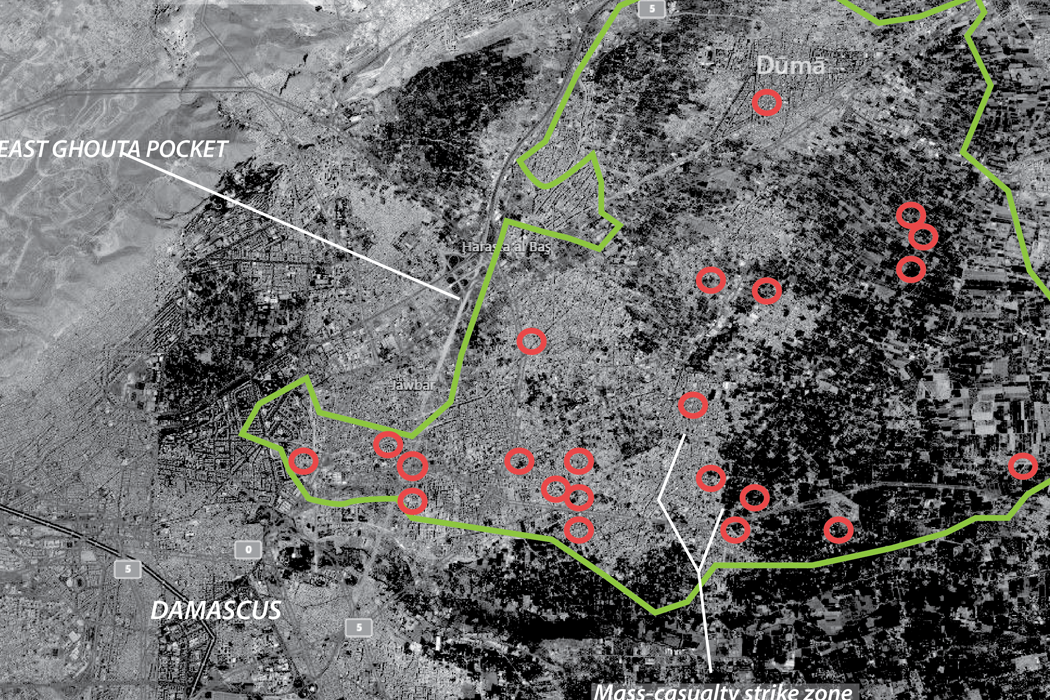
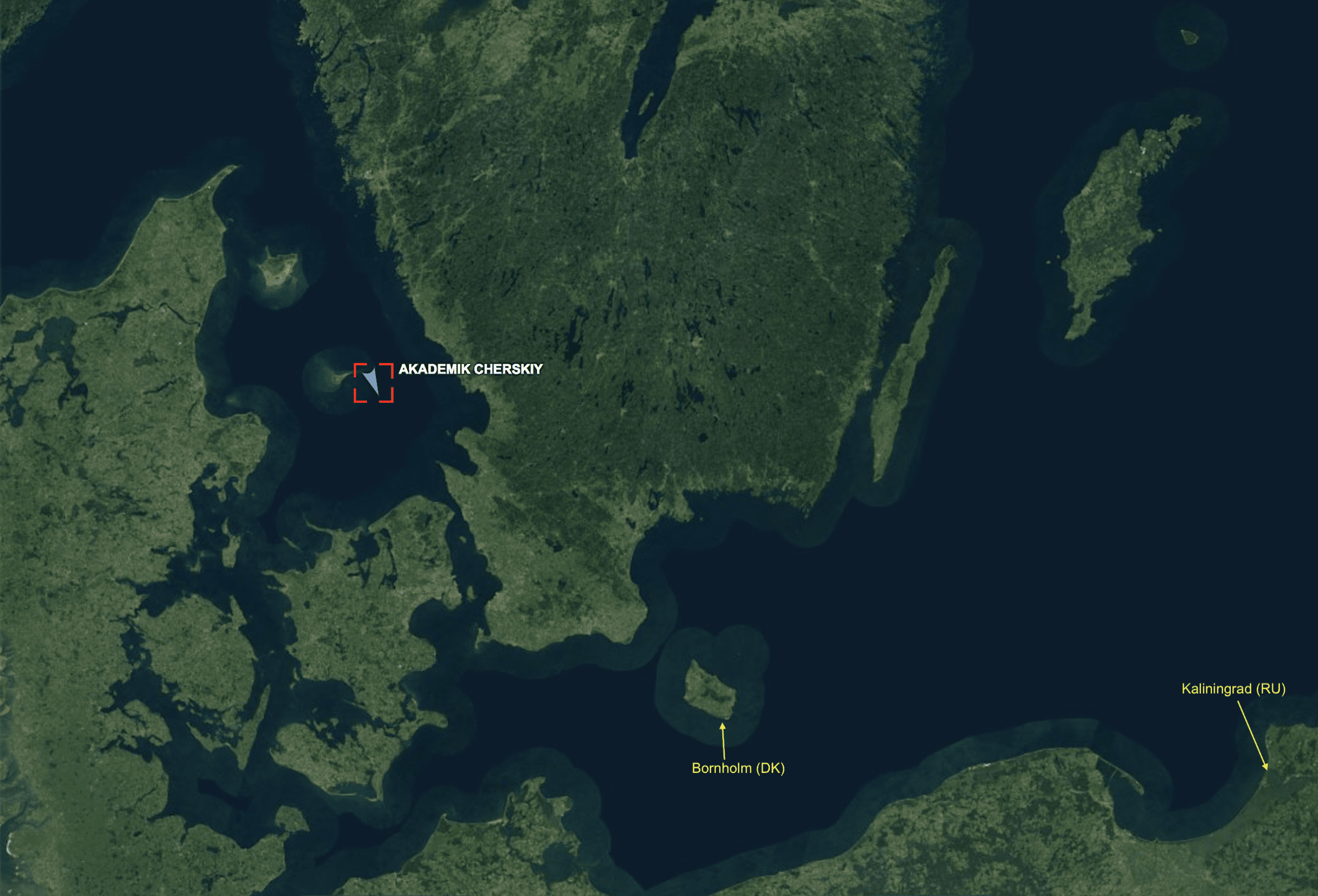
![This is How Iran Bombed Saudi Arabia [PRELIMINARY ASSESSMENT]](https://t-intell.com/wp-content/uploads/2019/09/map4cover-01-compressor.png)
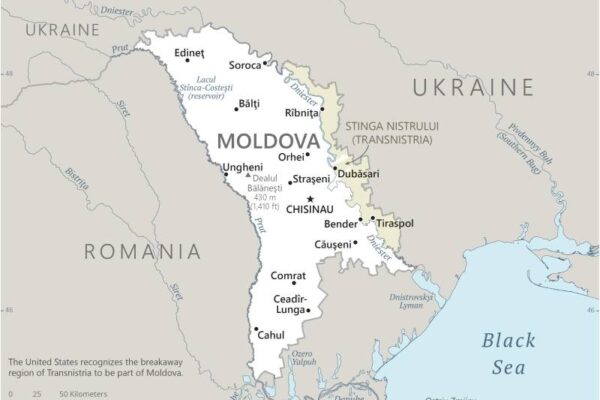
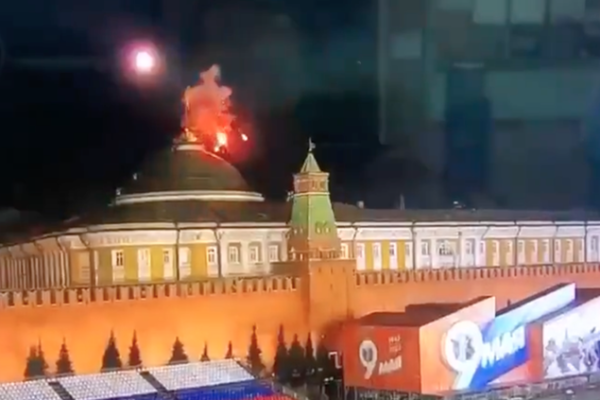
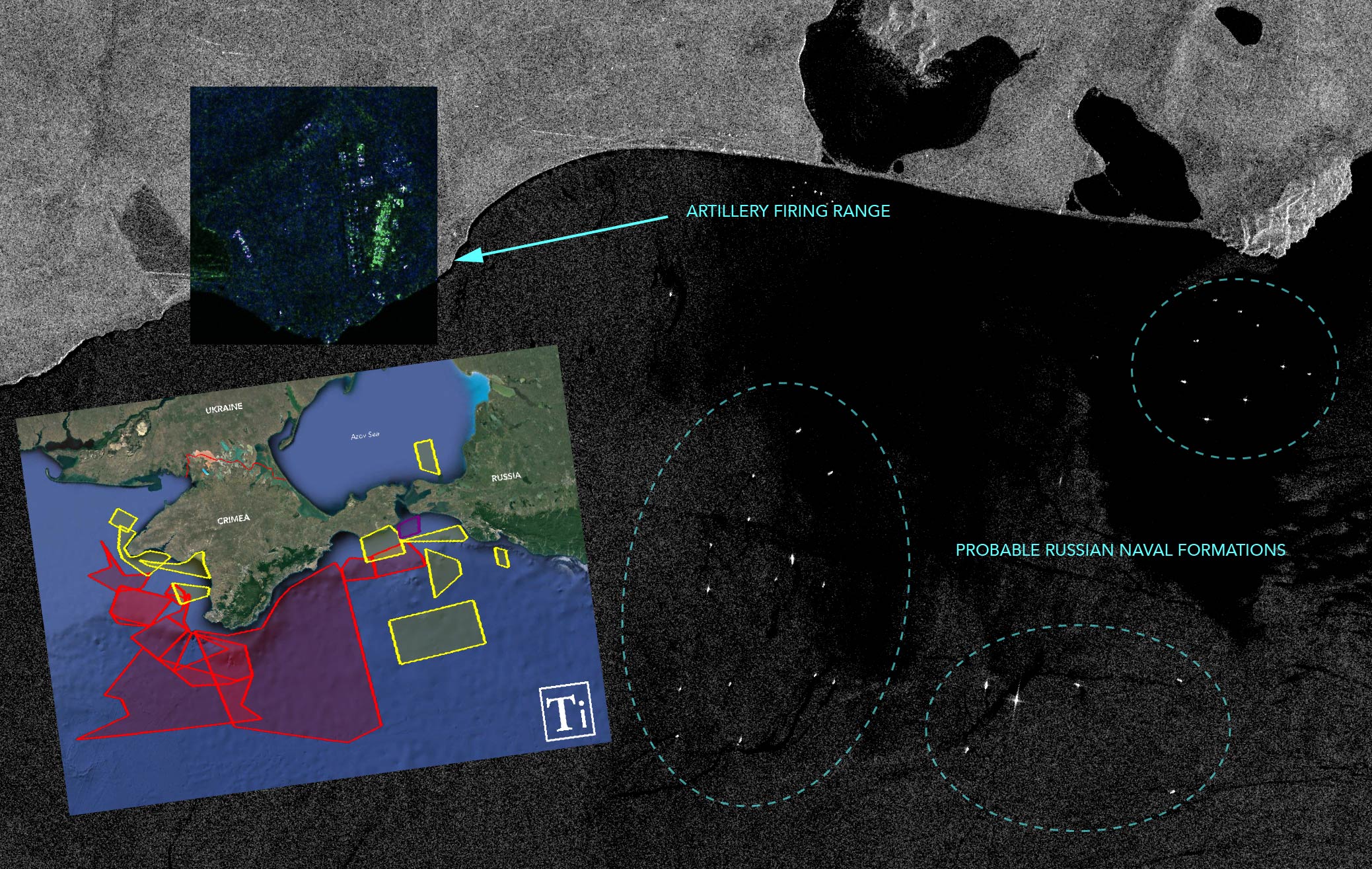
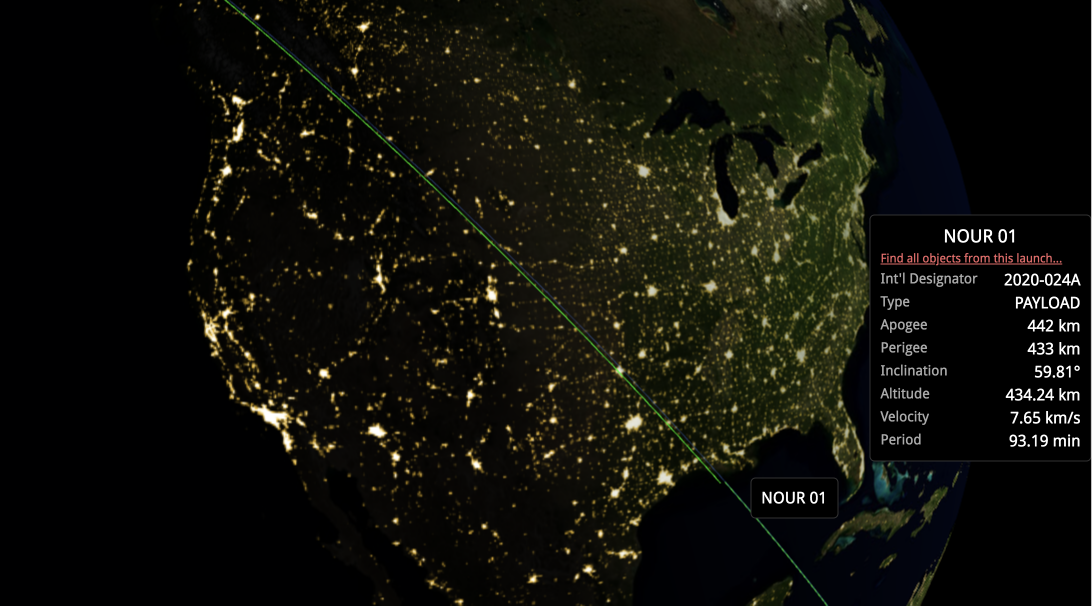


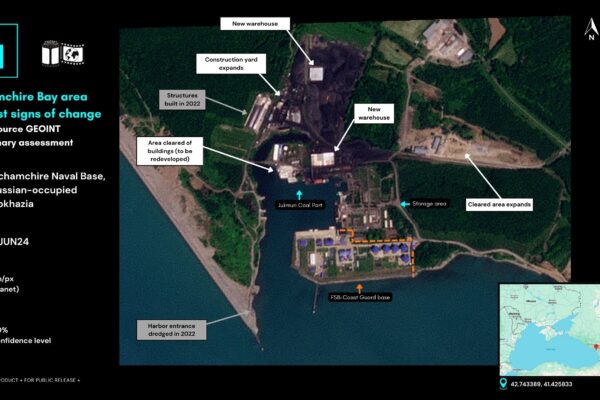
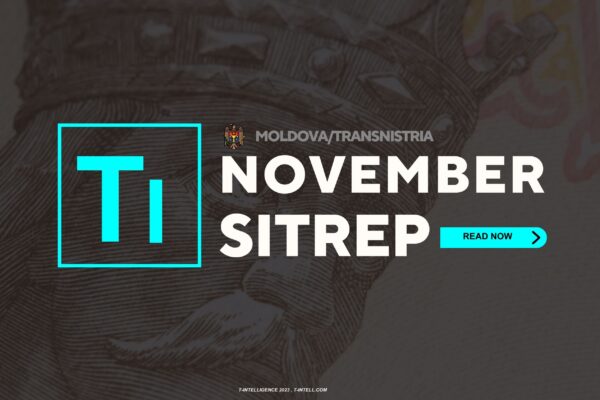
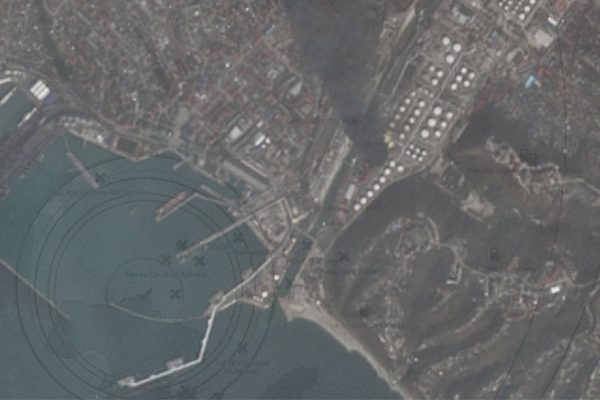
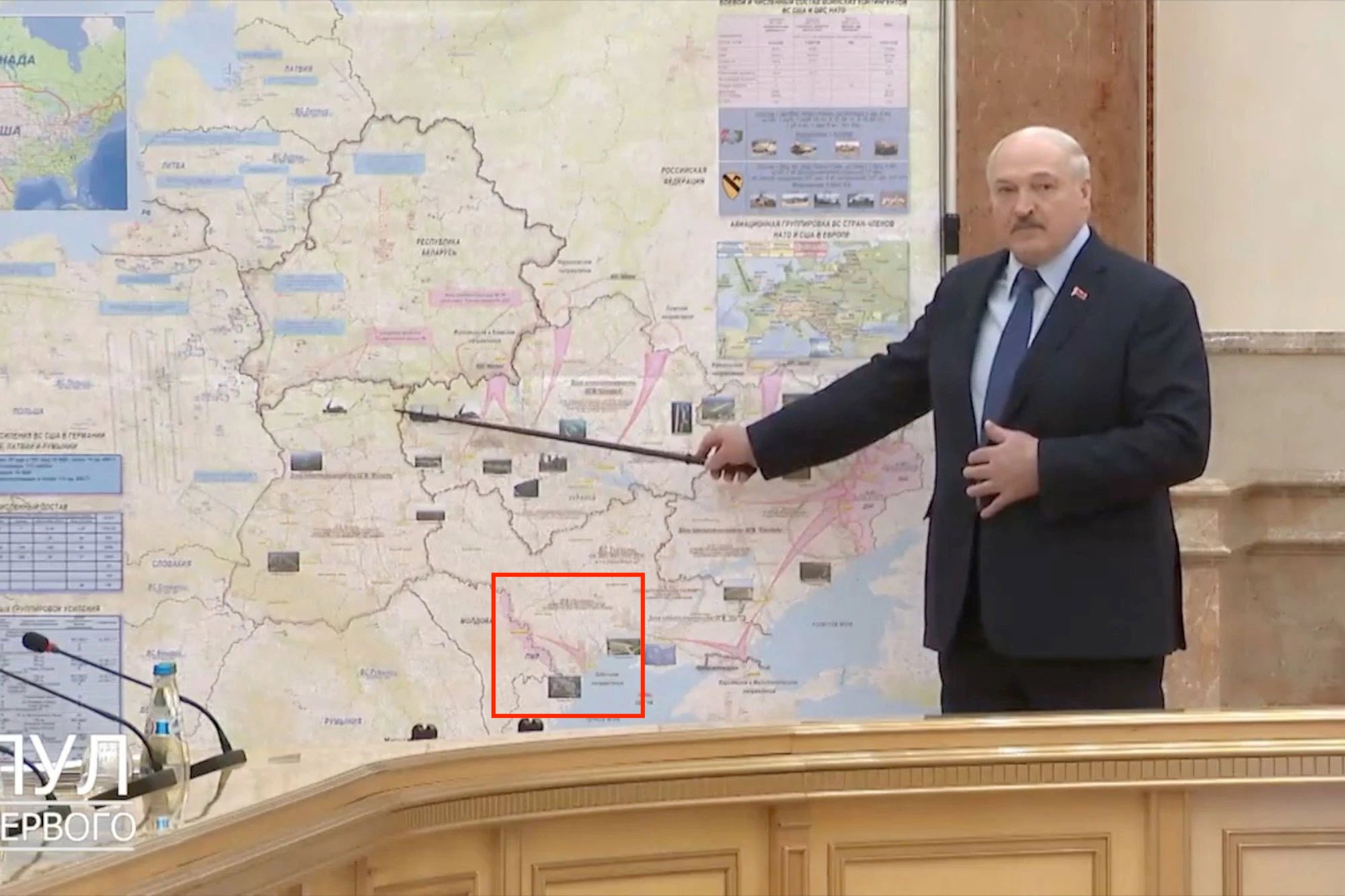
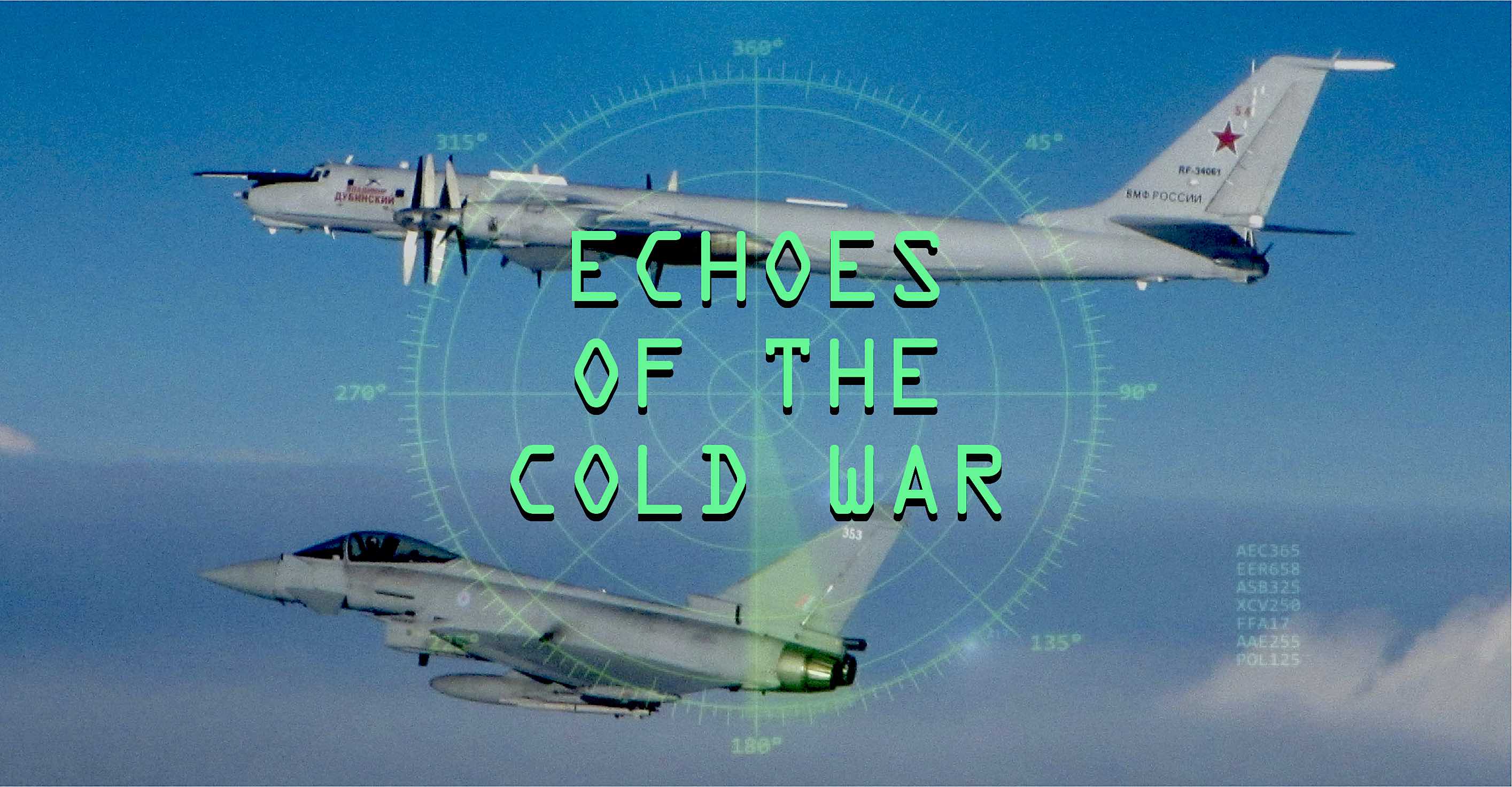
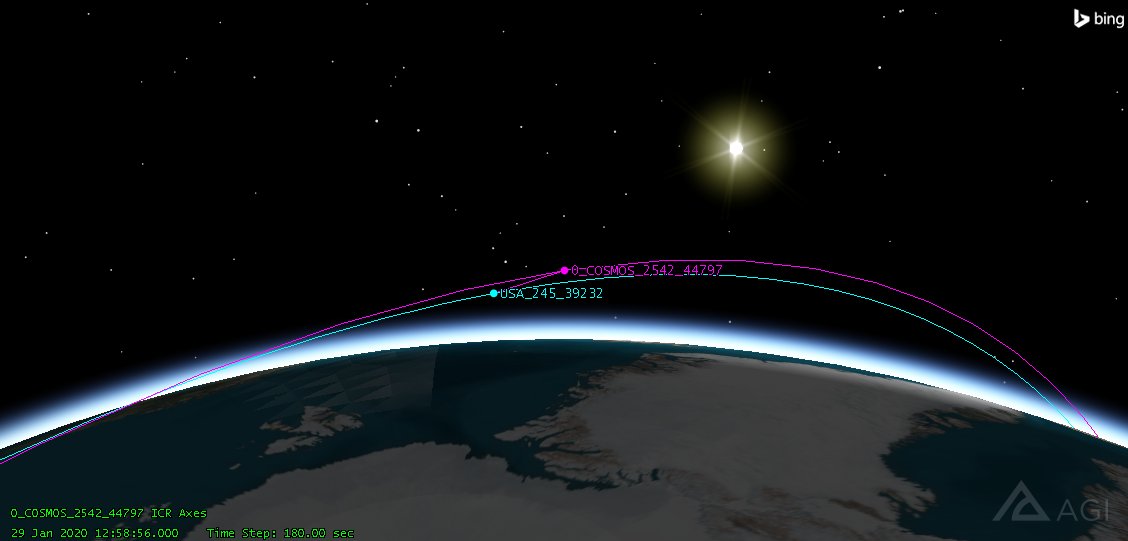
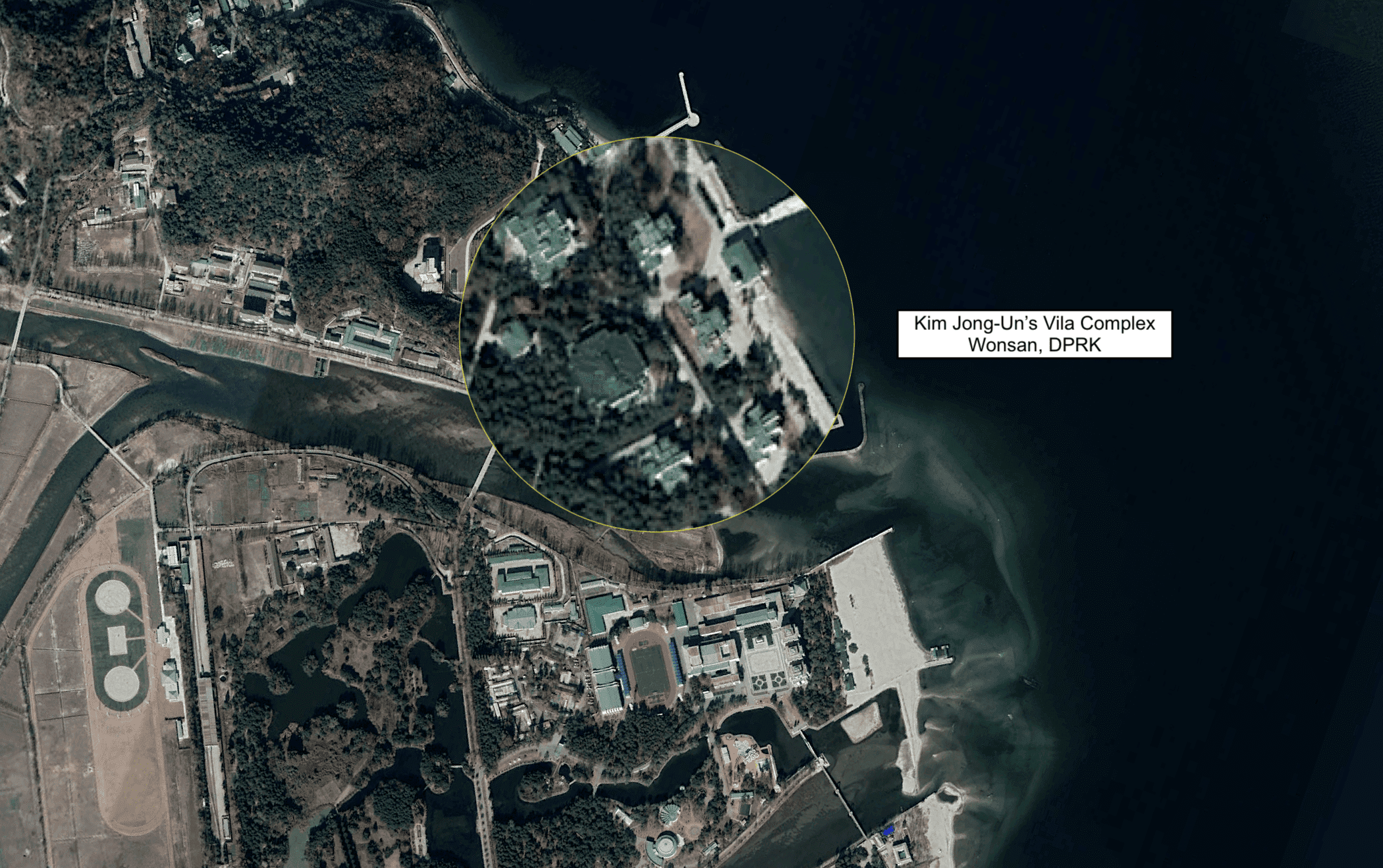
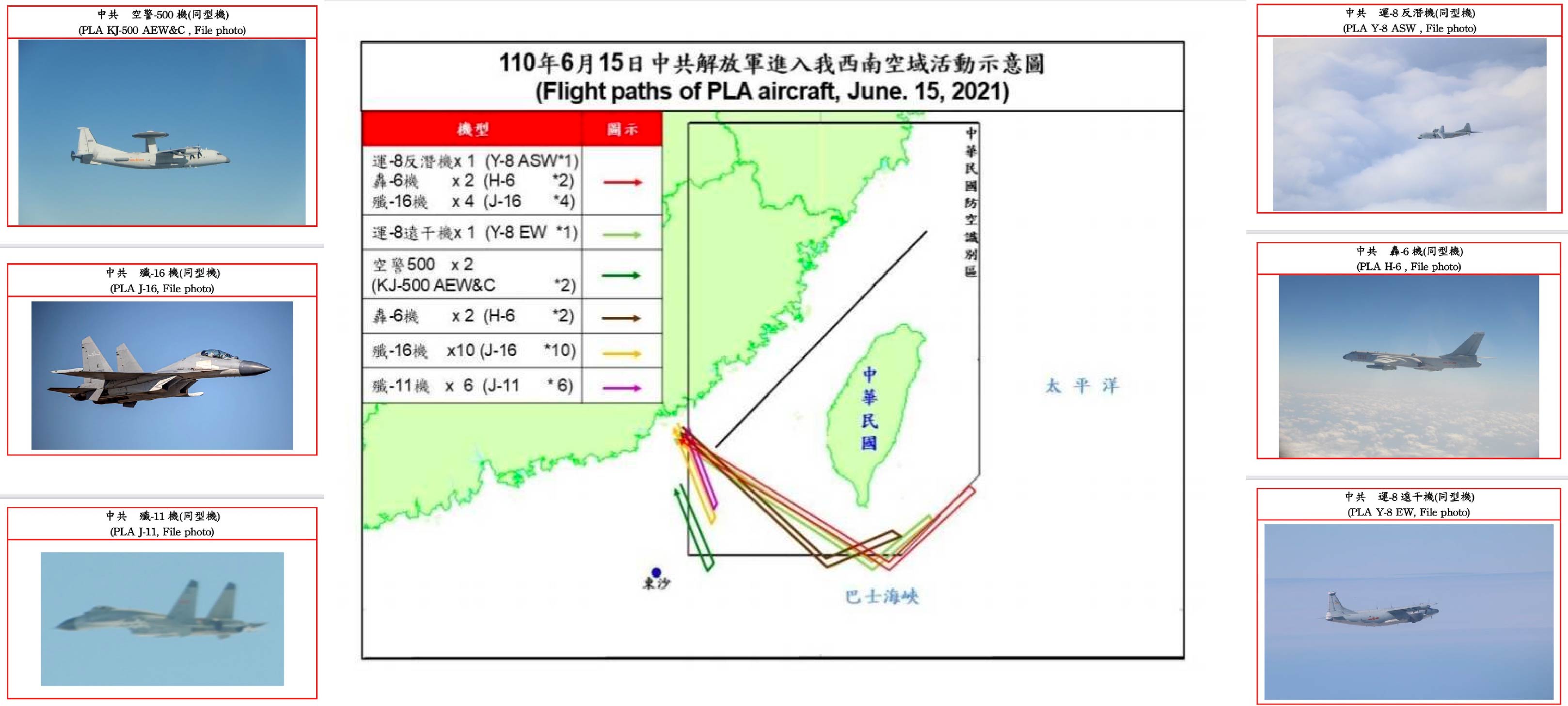

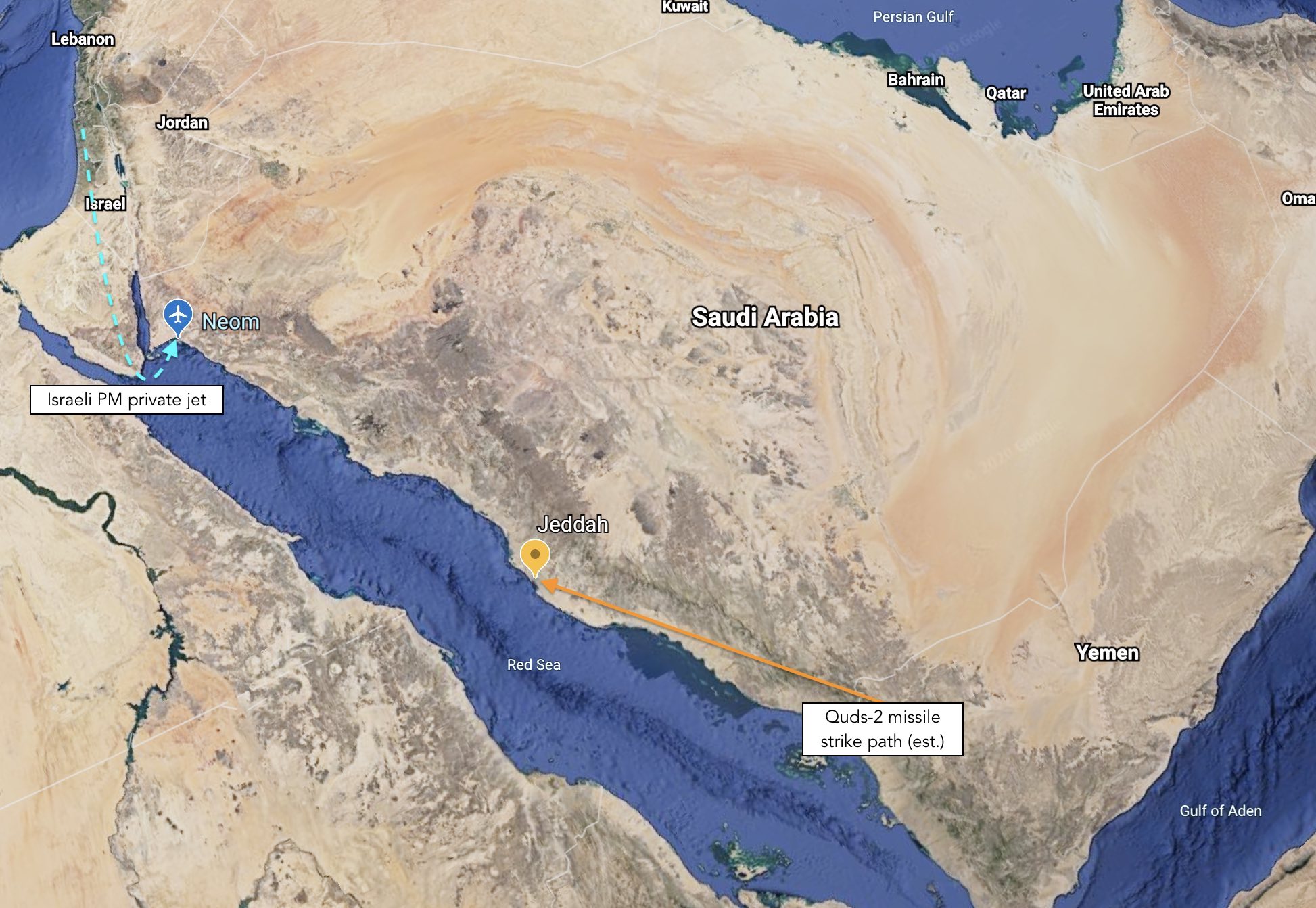

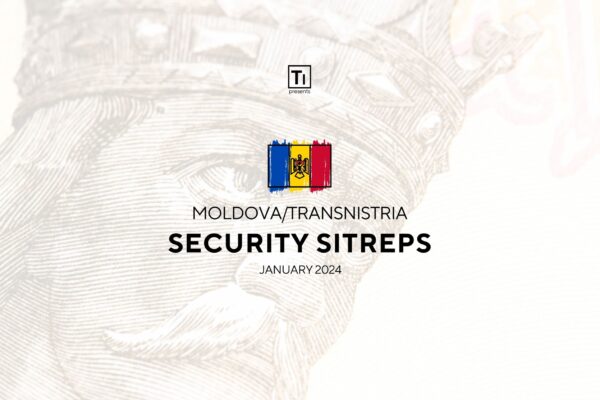
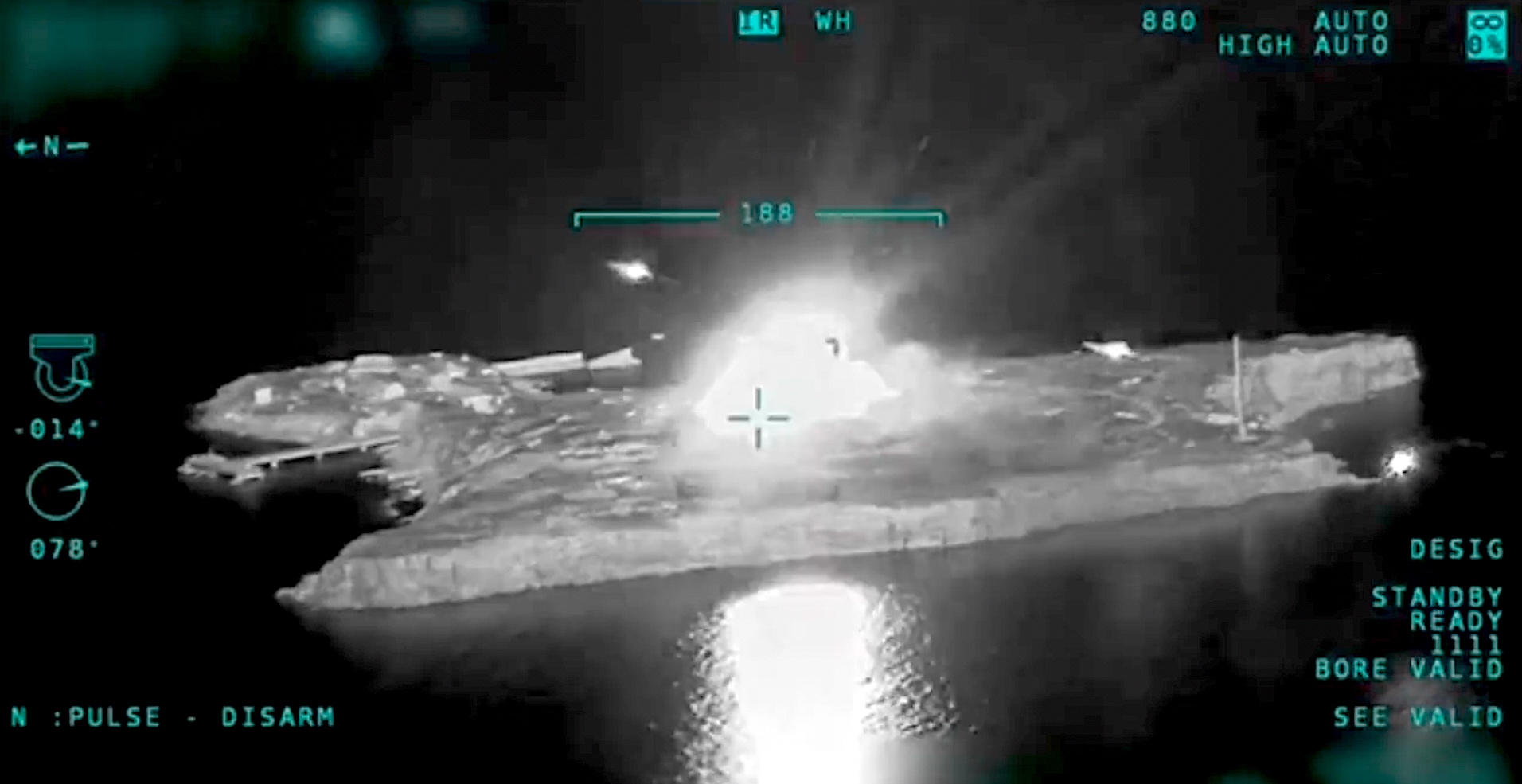

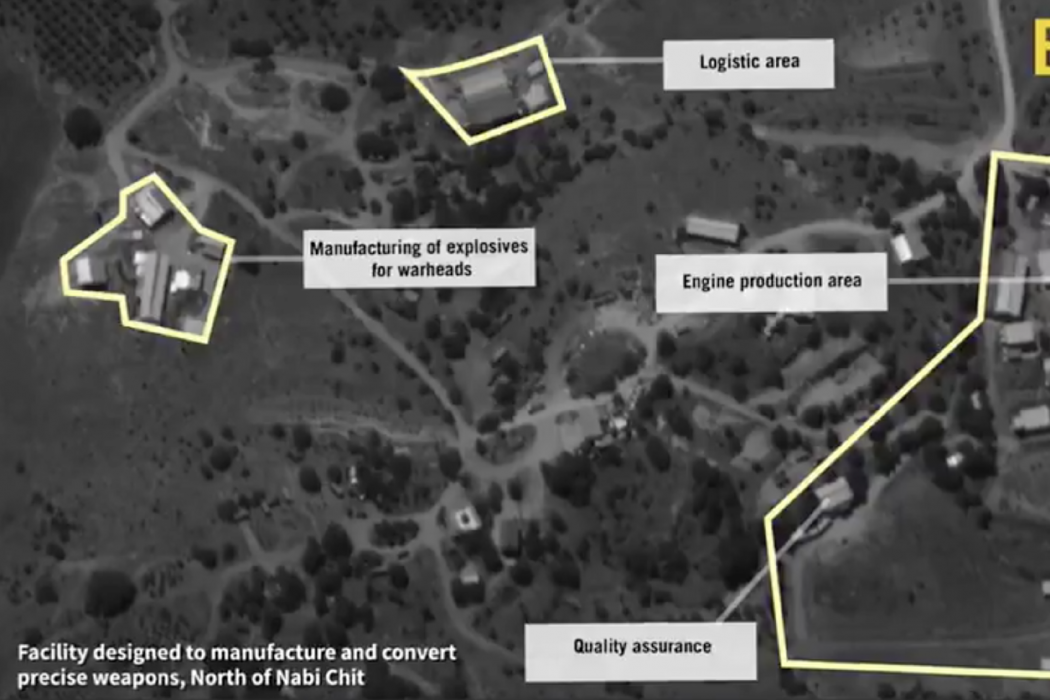
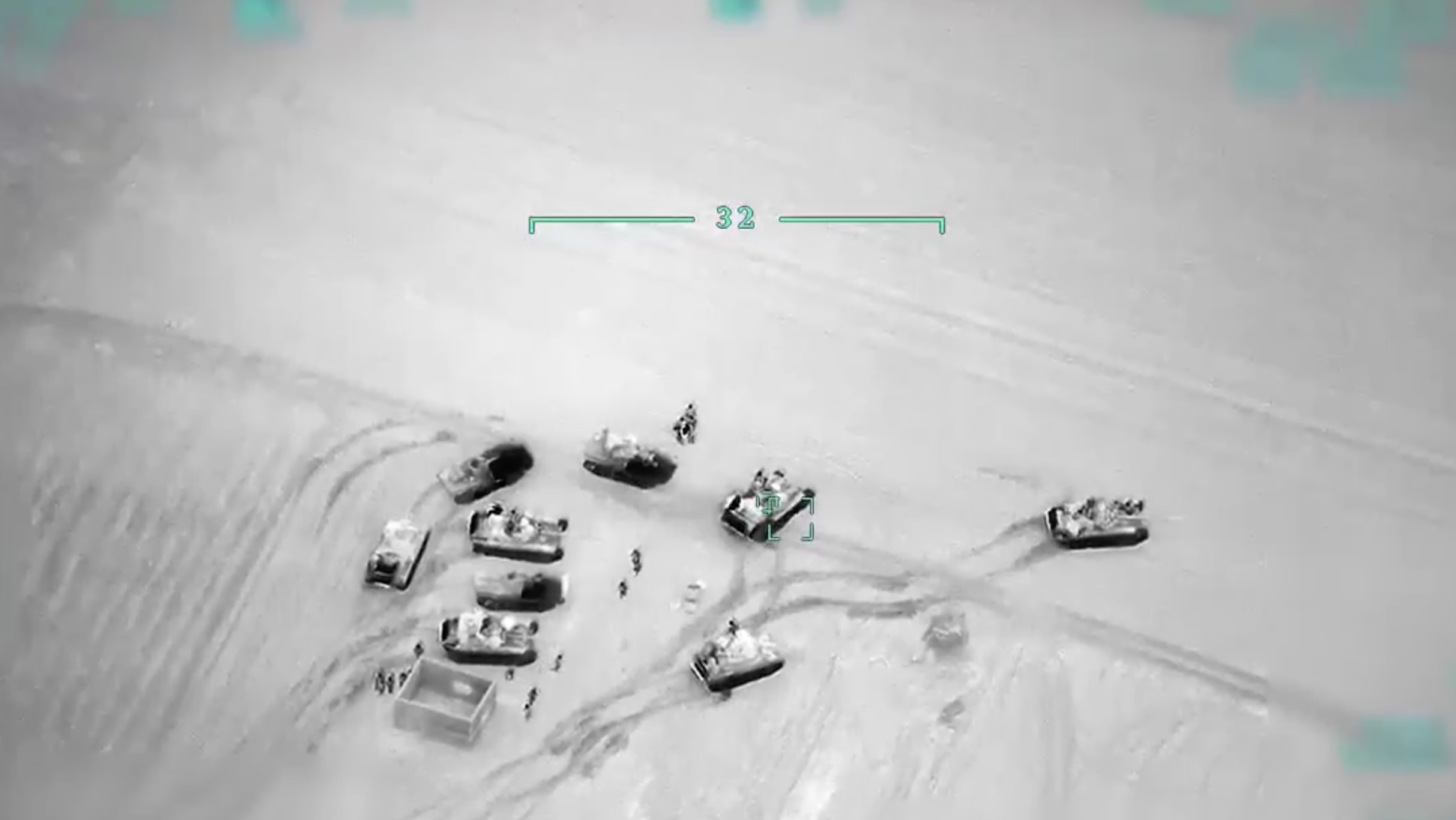

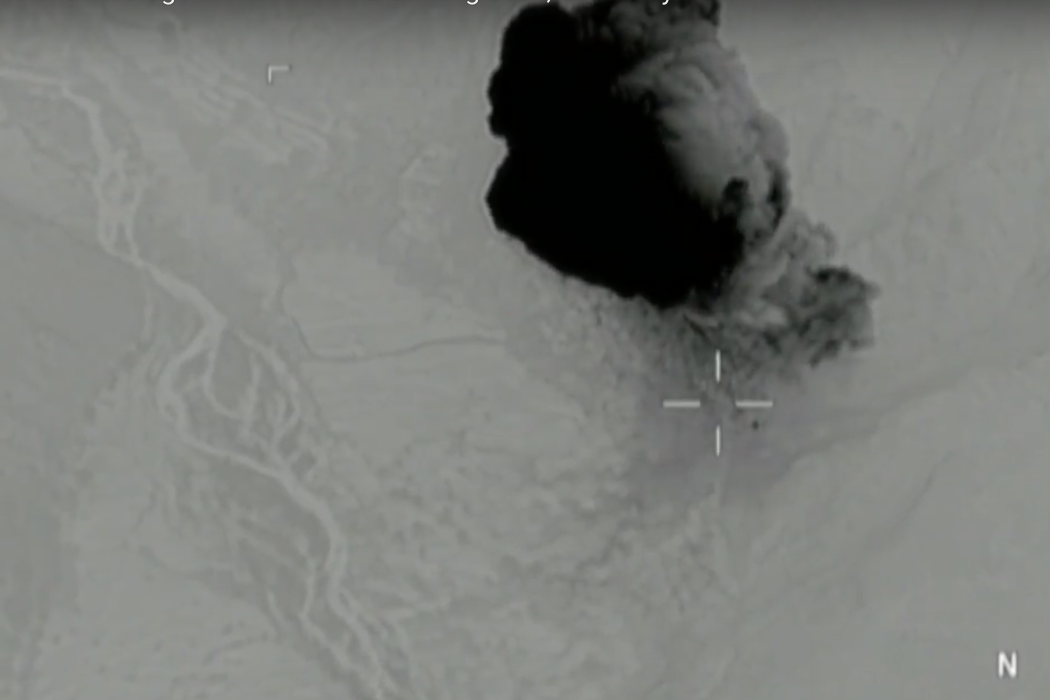

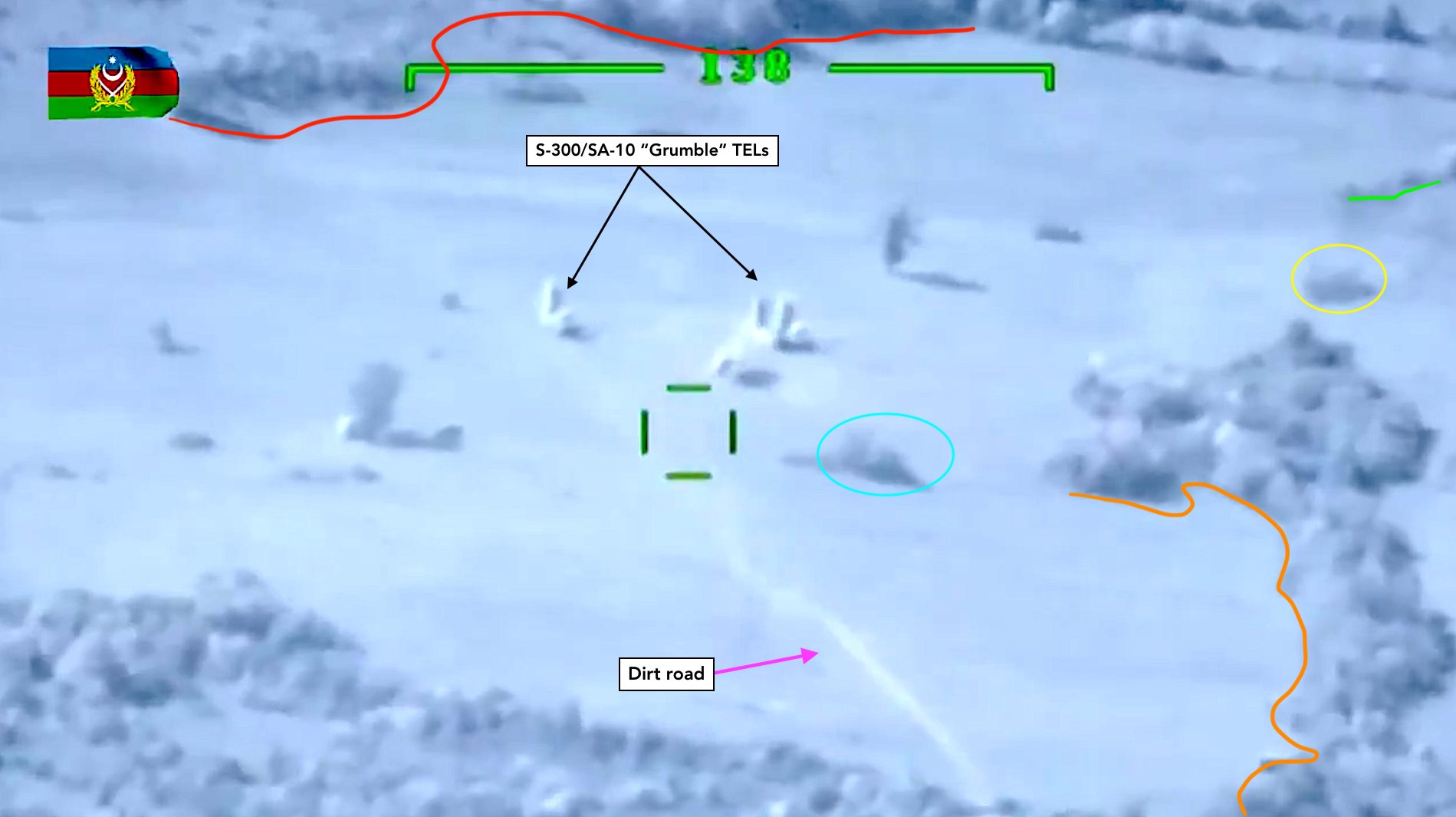
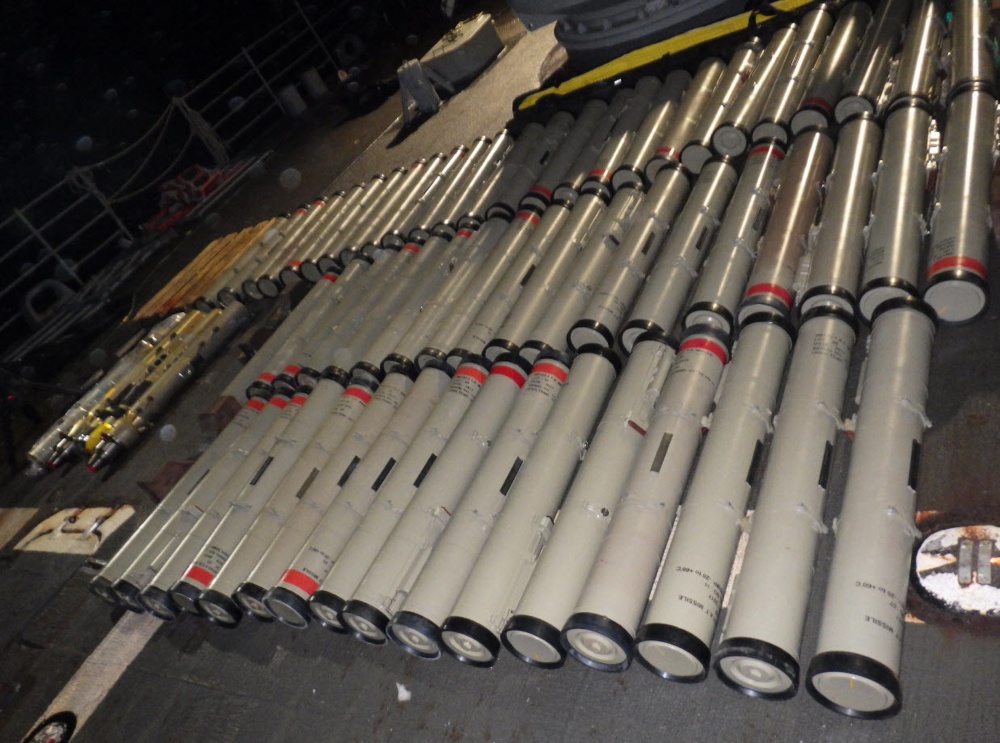

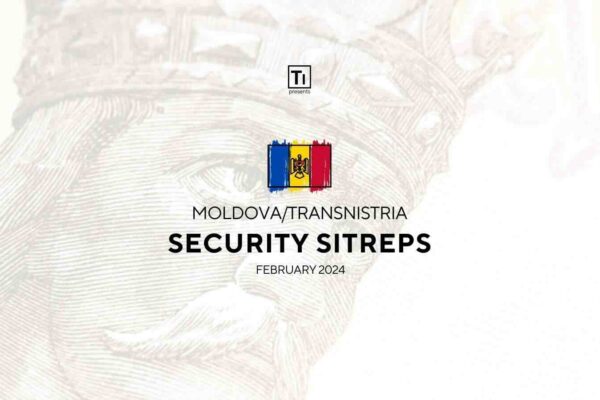
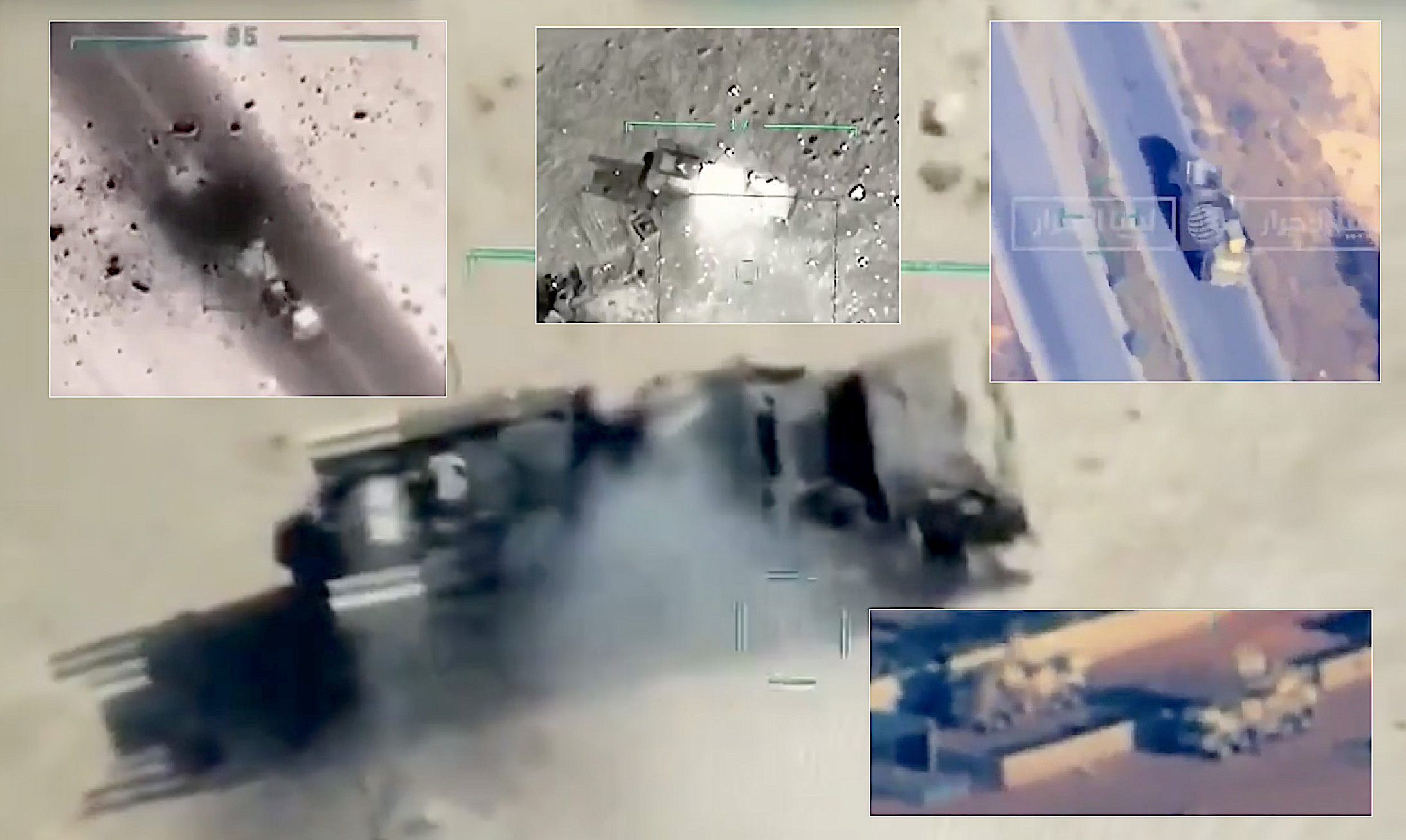
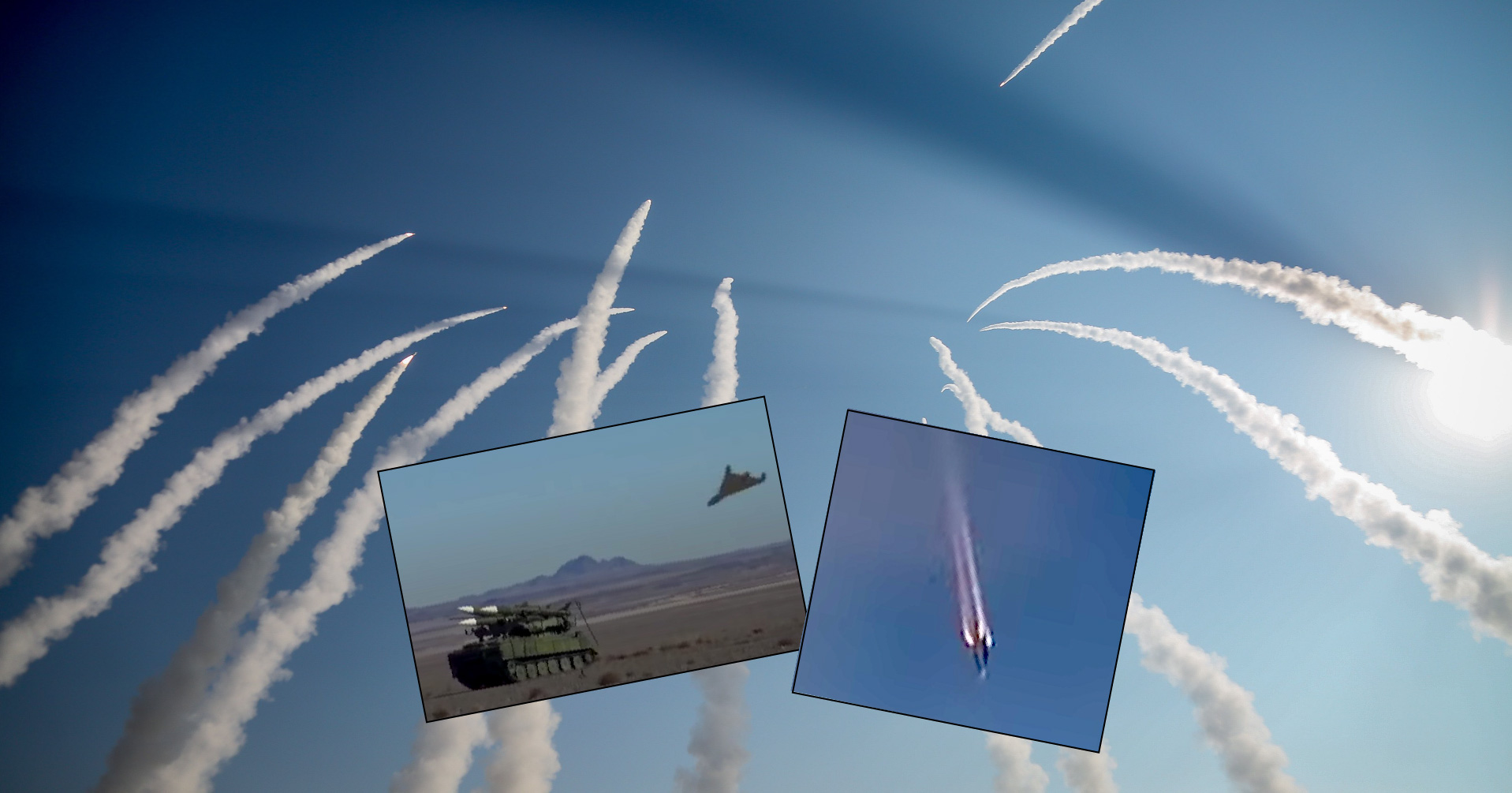
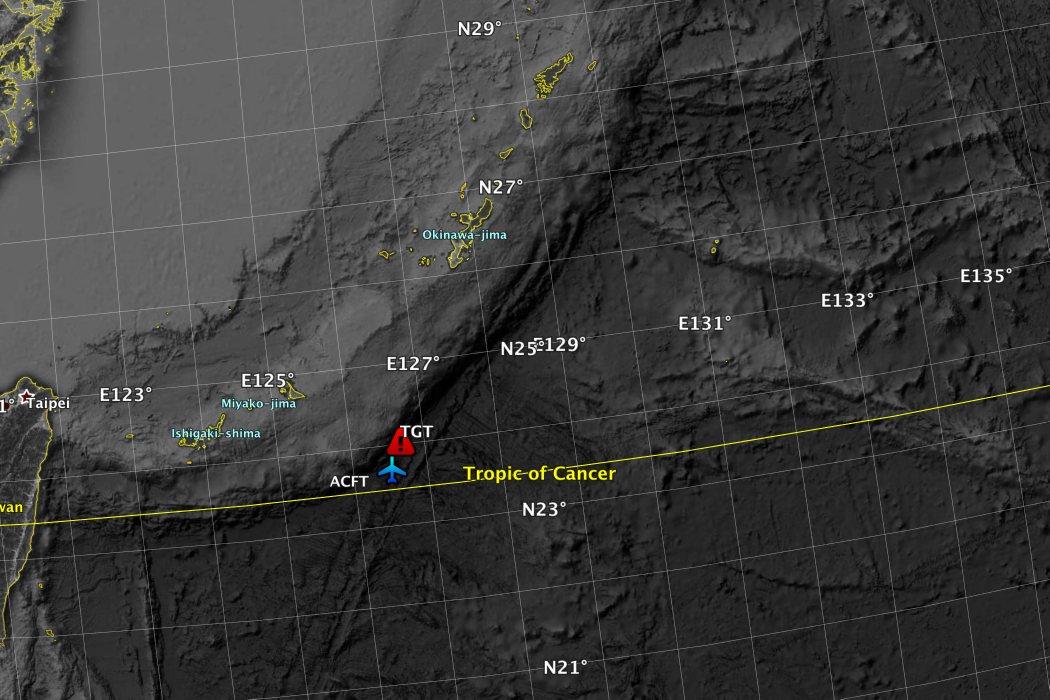
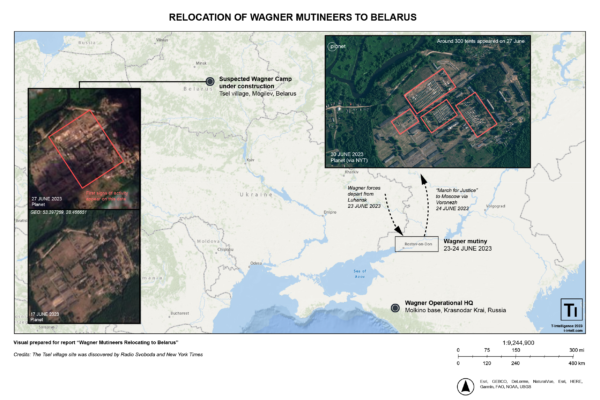
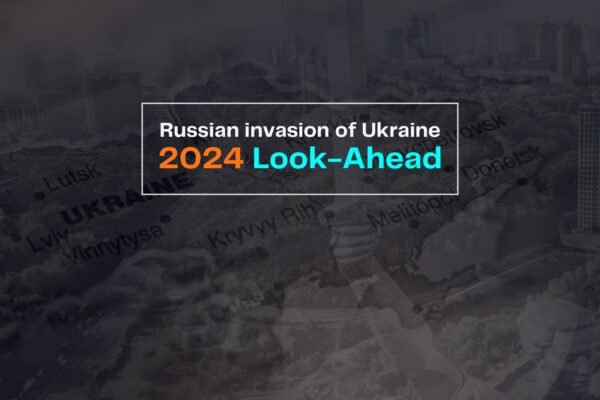

![Evacuation “Shattered Glass”: The US/ Coalition Bases in Syria [Part 2]](https://t-intell.com/wp-content/uploads/2020/02/TelSalman24.2.2018_optimized.png)

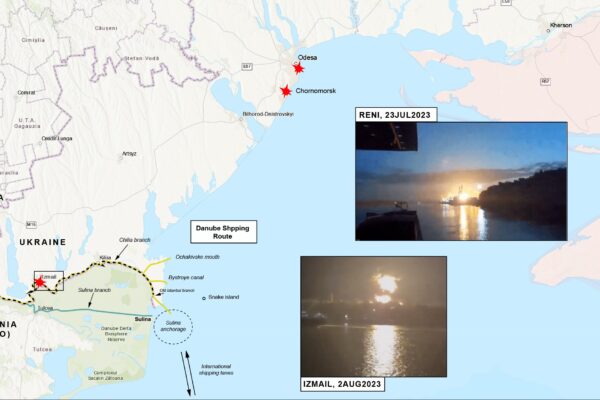



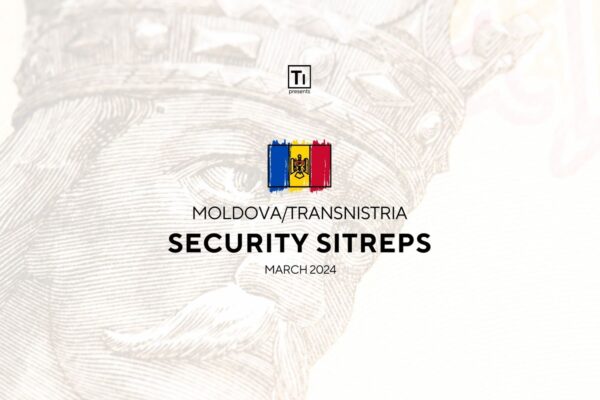
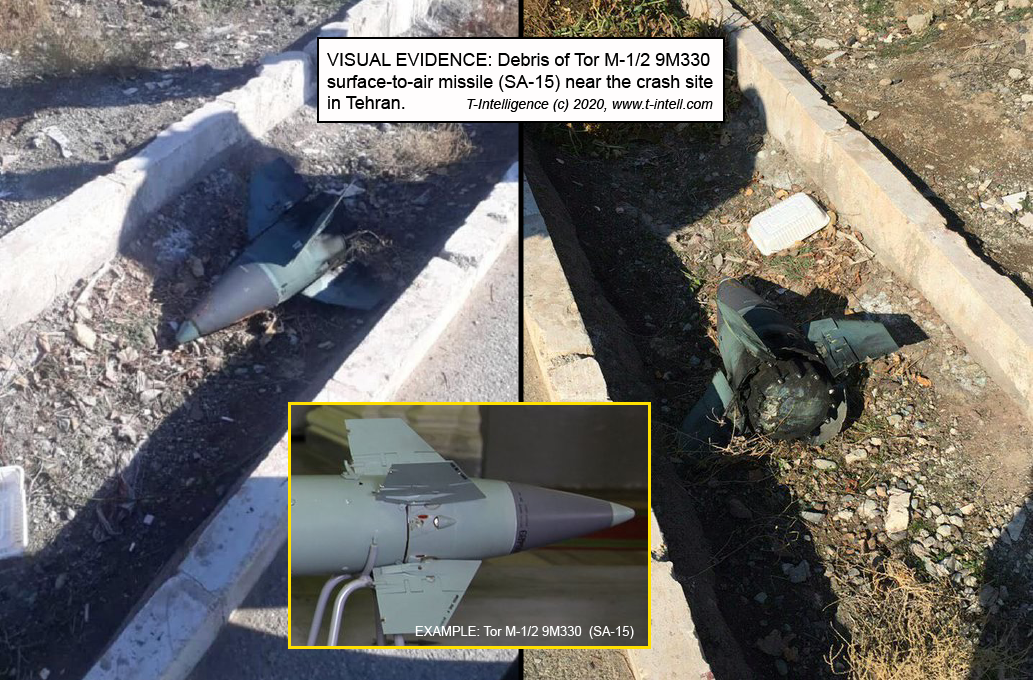
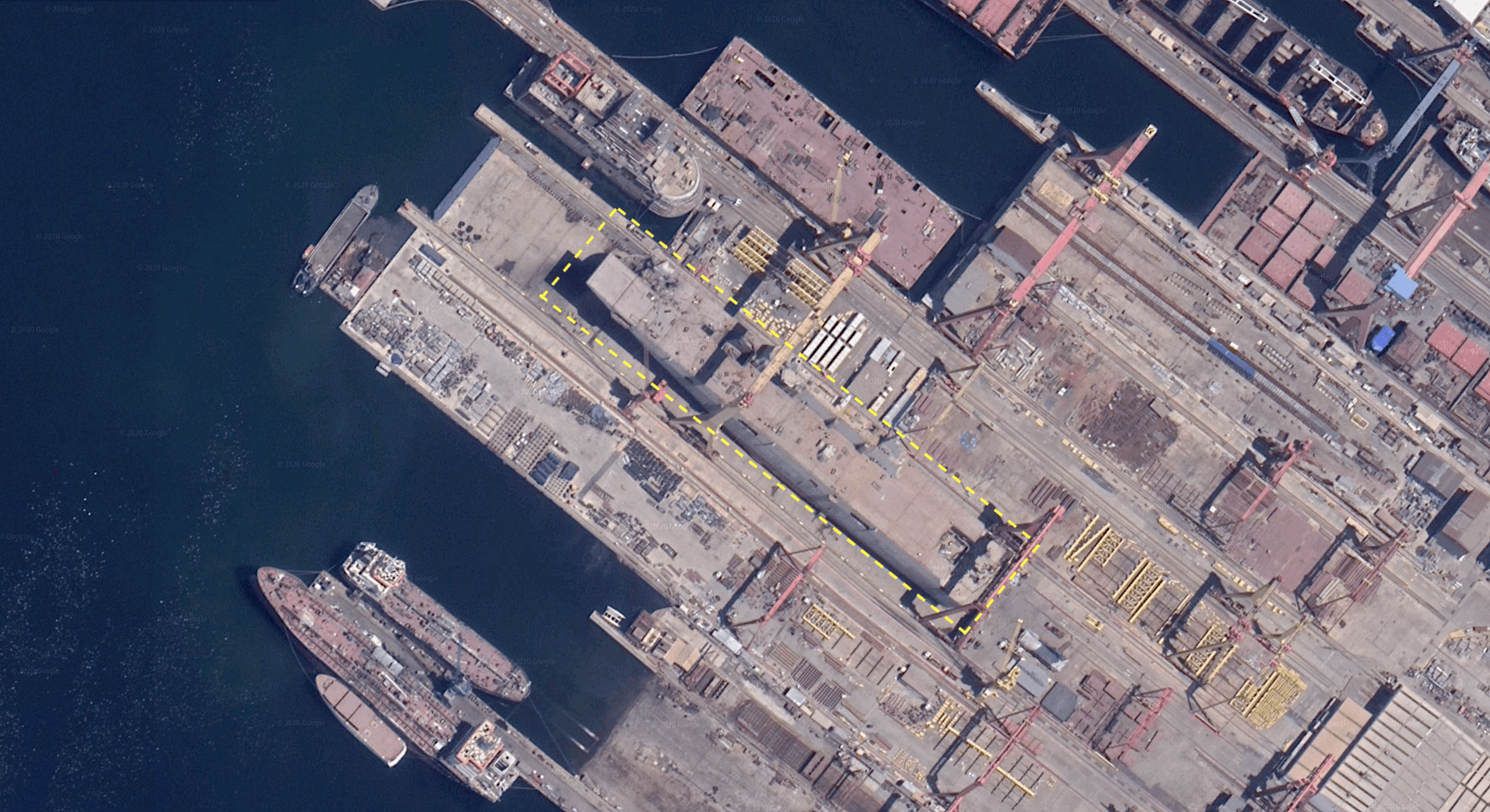
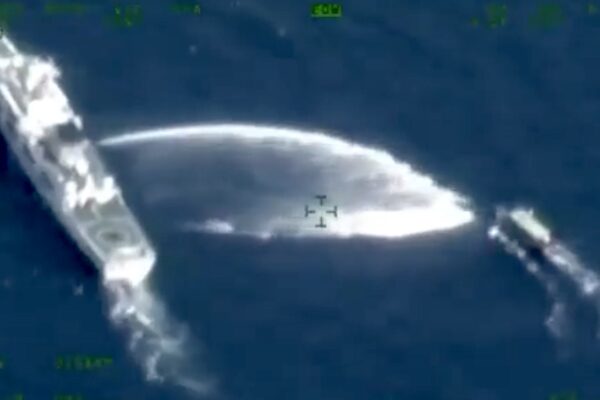
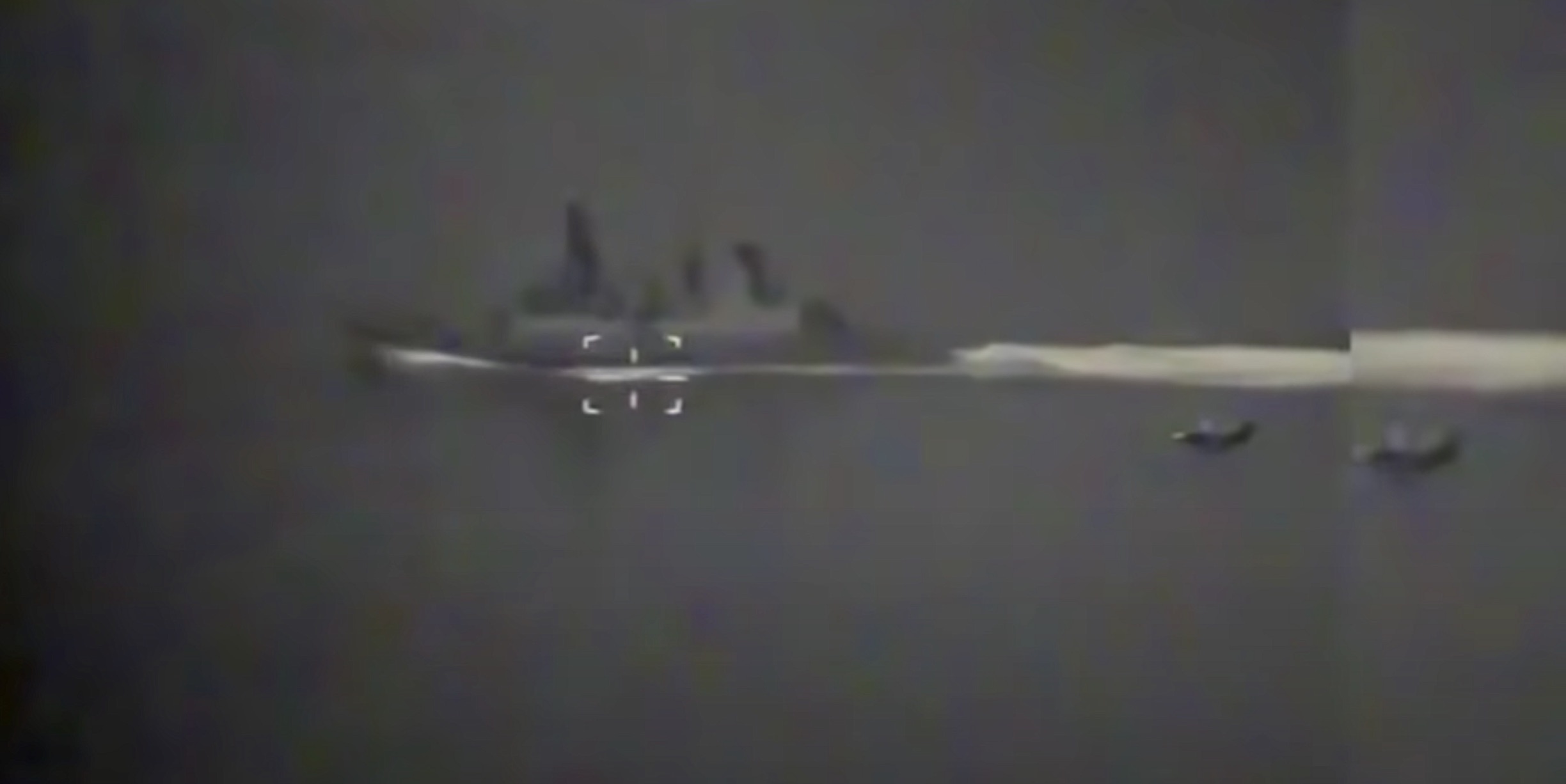
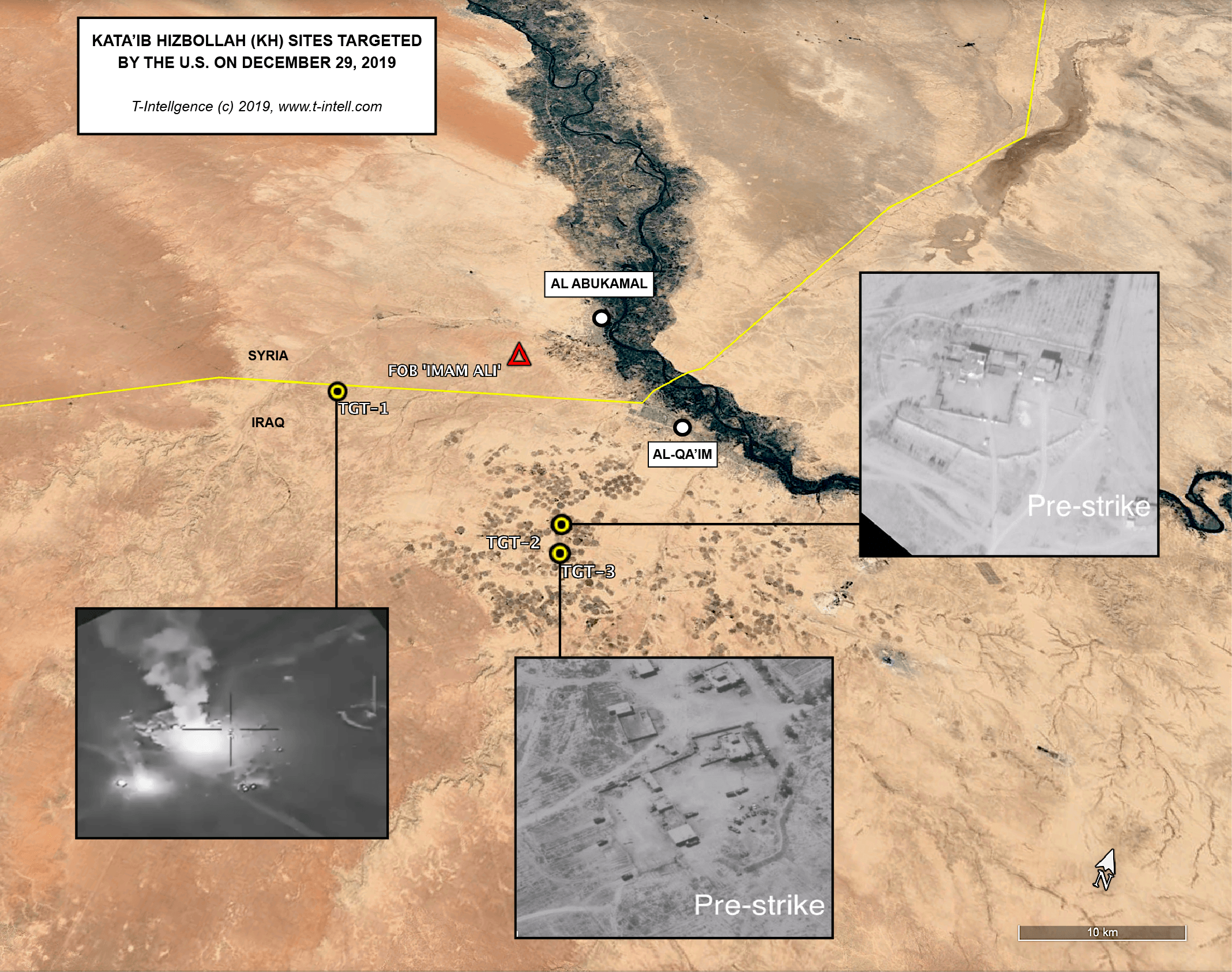
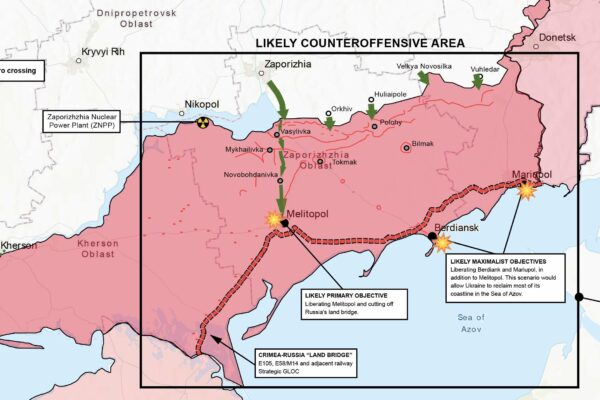
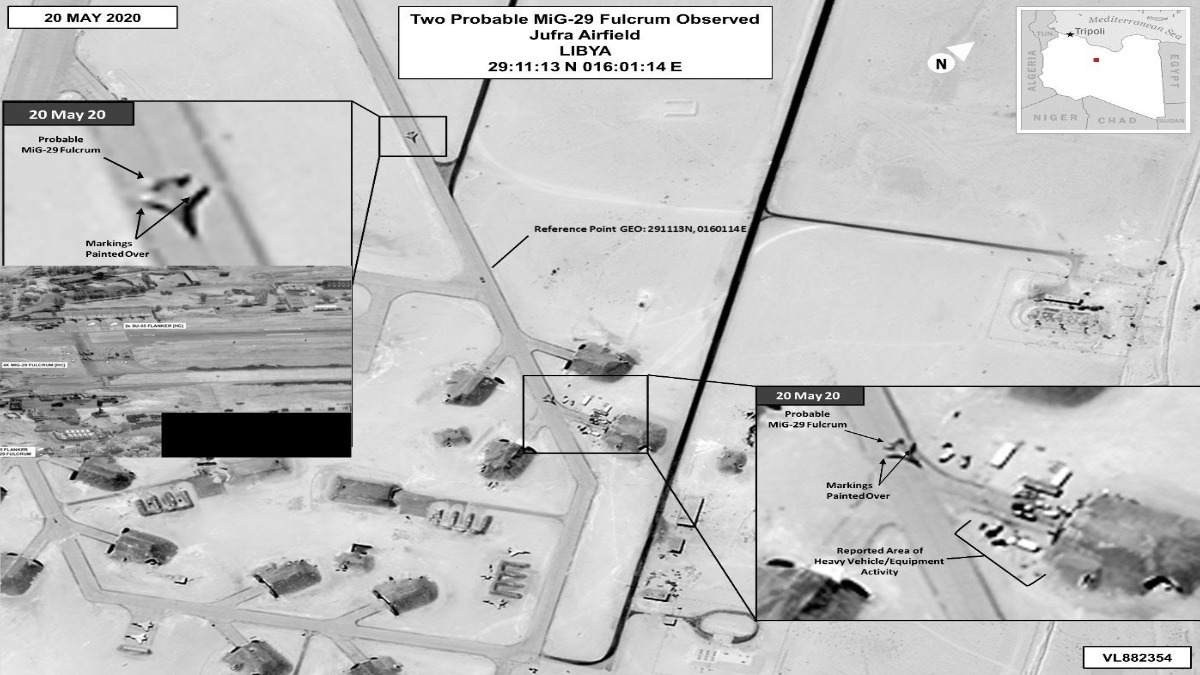
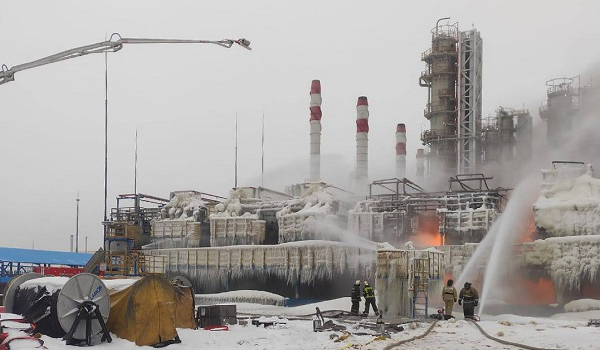
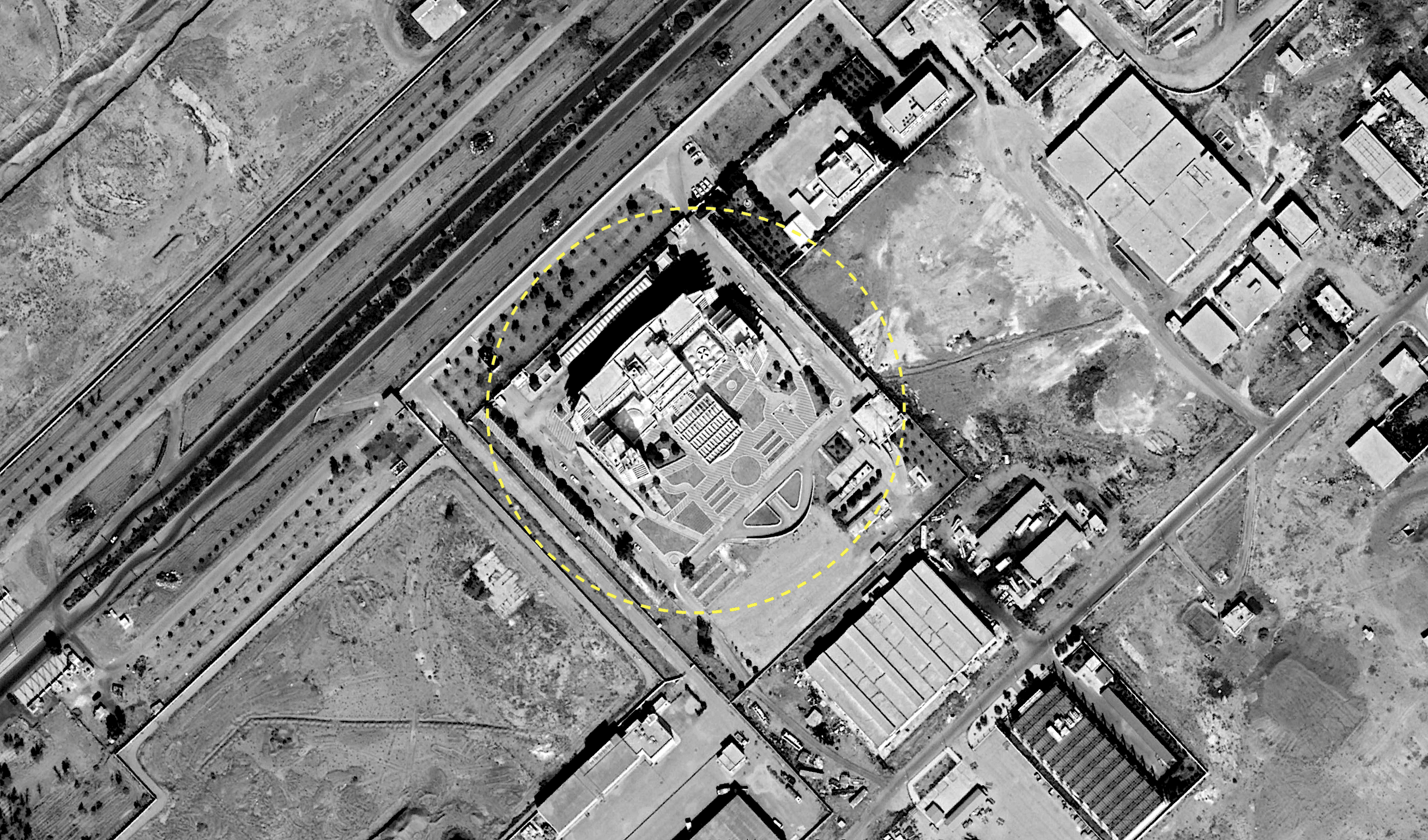
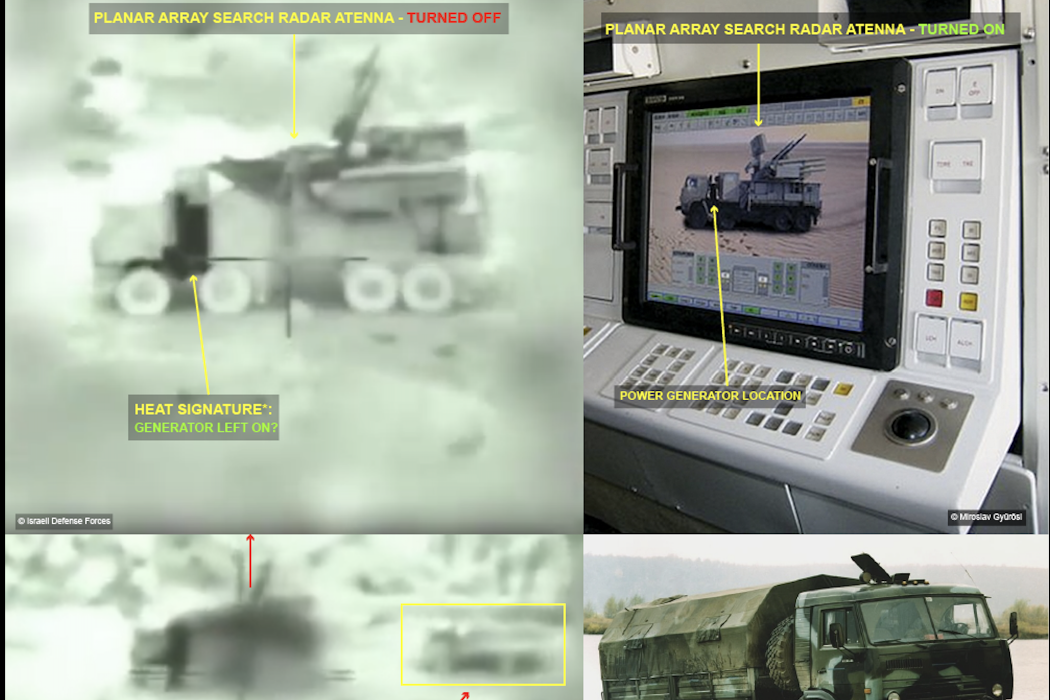
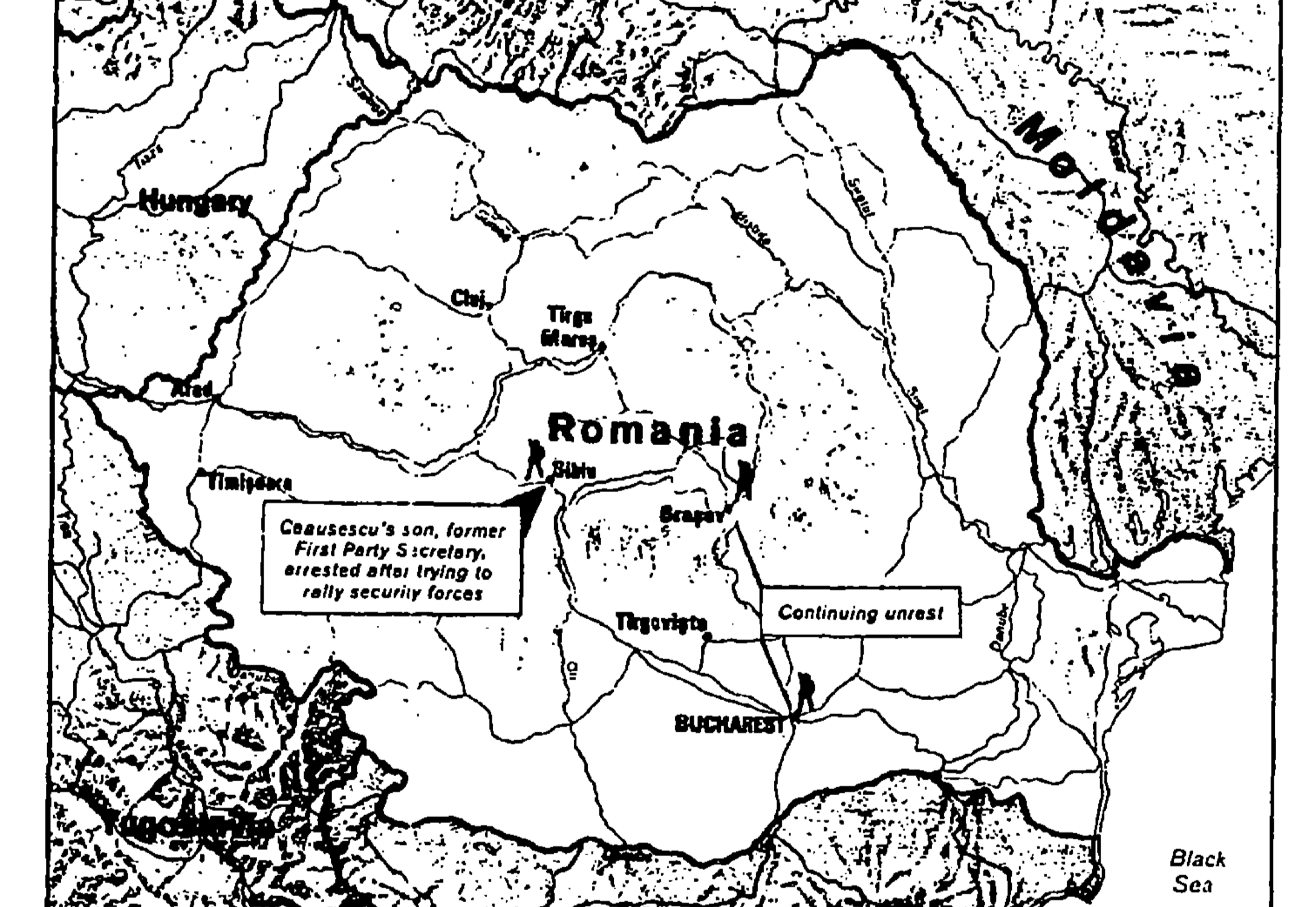

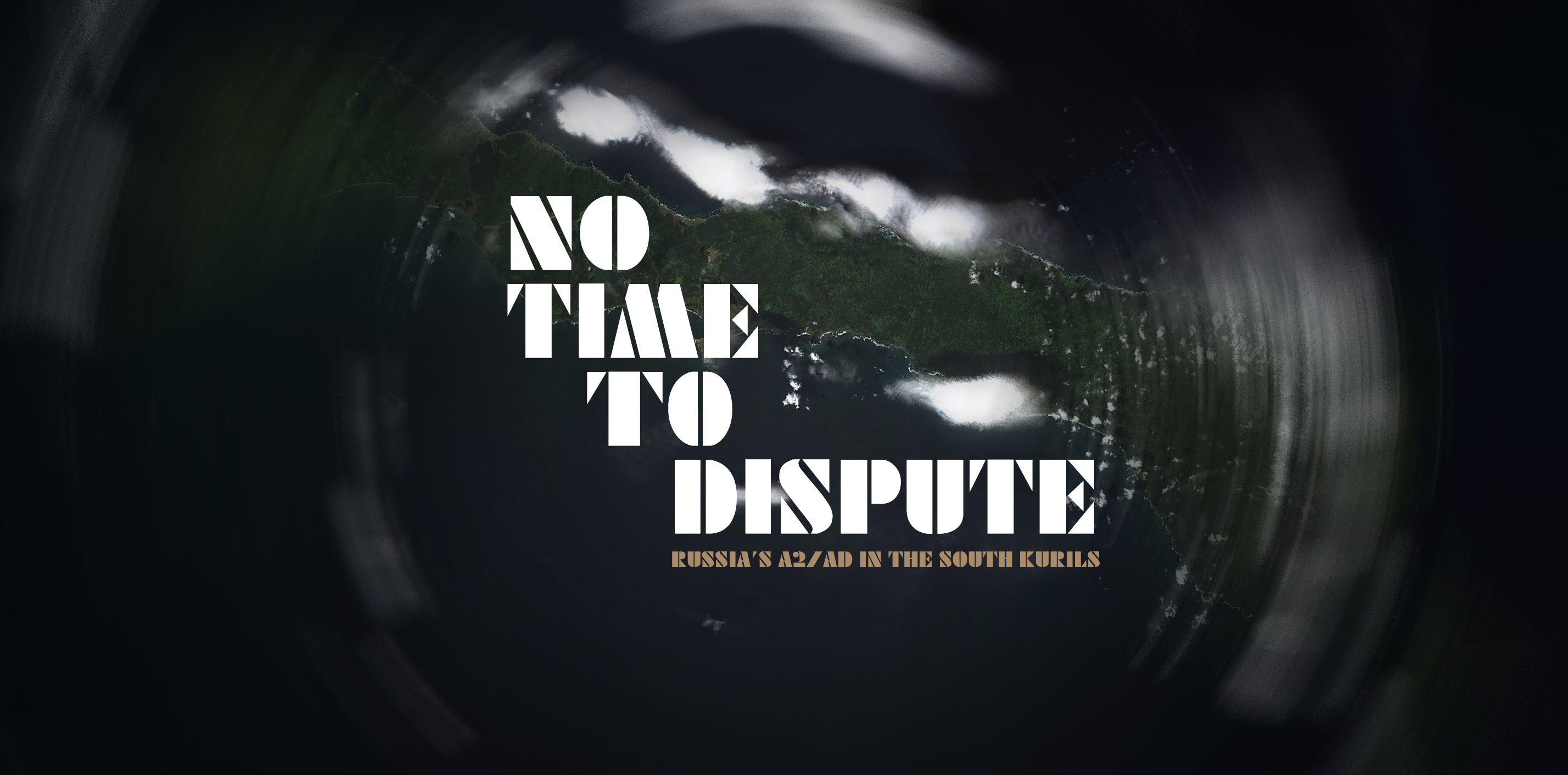

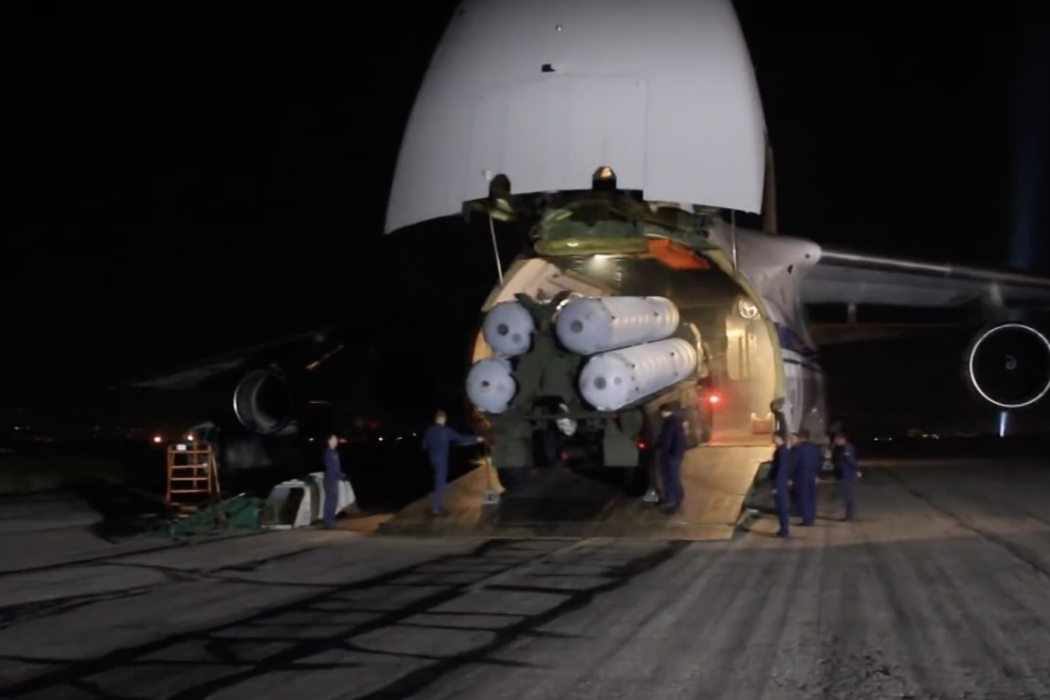
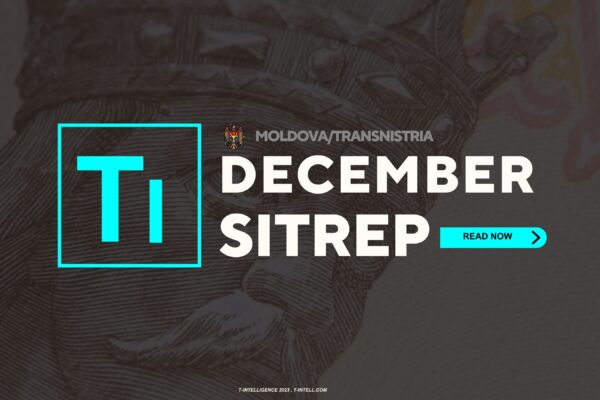
![Pride of Belarus: Baranovichi 61st Fighter Air Base [GEOINT]](https://t-intell.com/wp-content/uploads/2021/08/cover_article.jpg)
